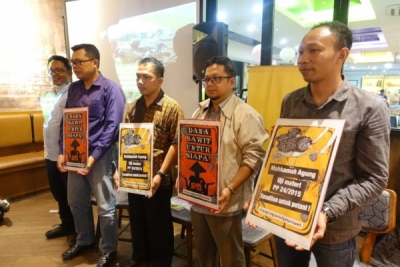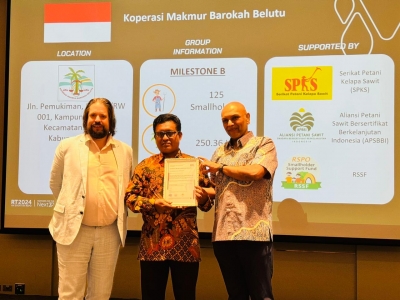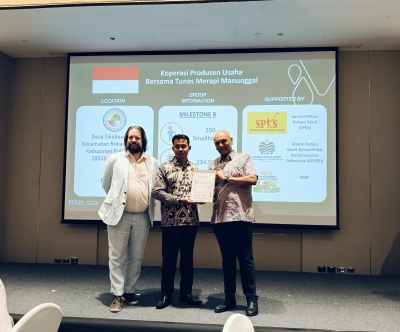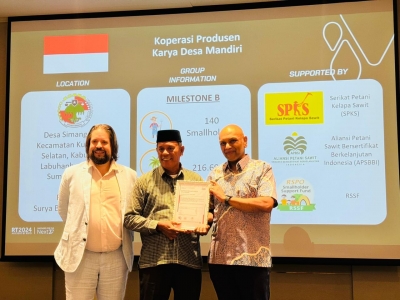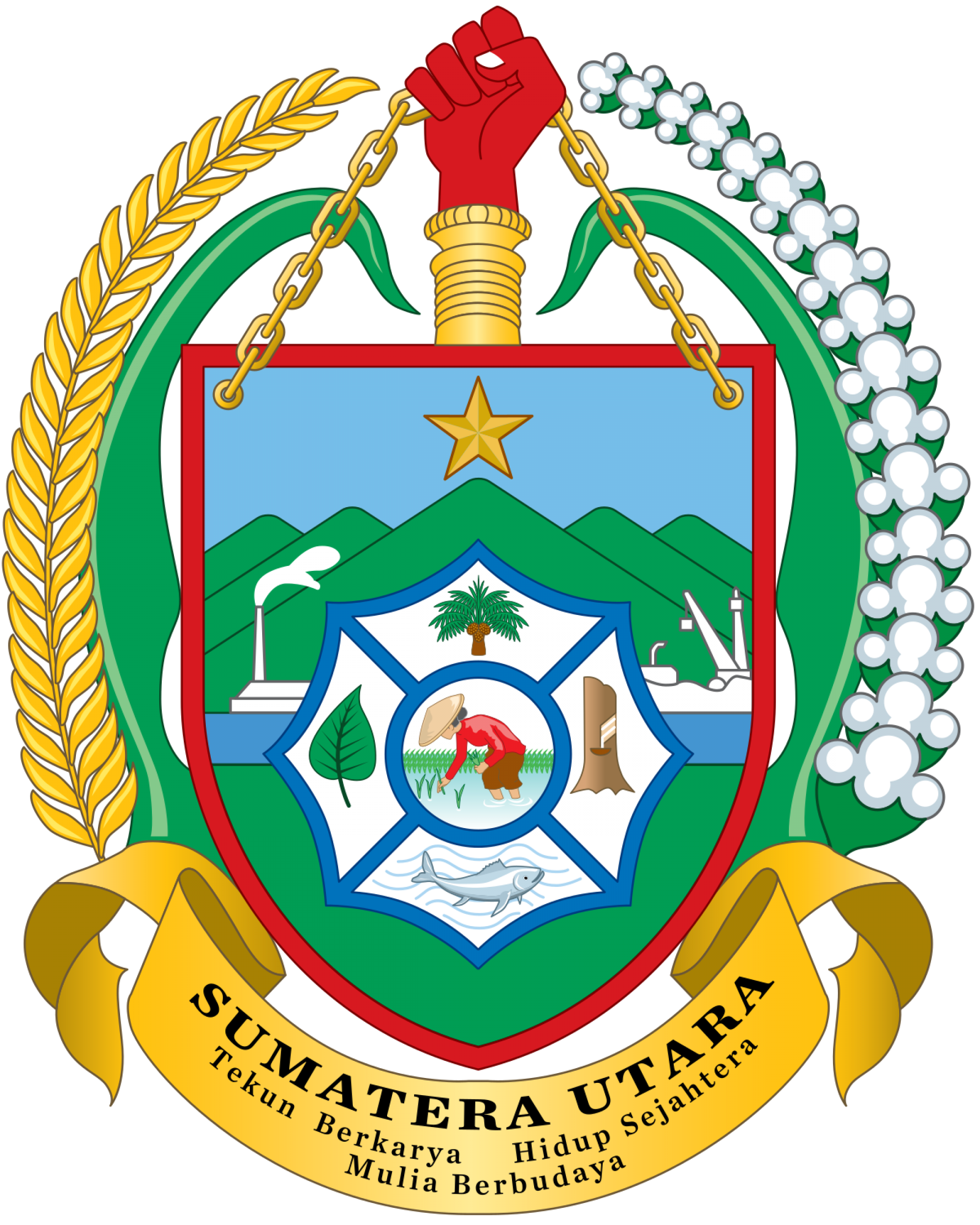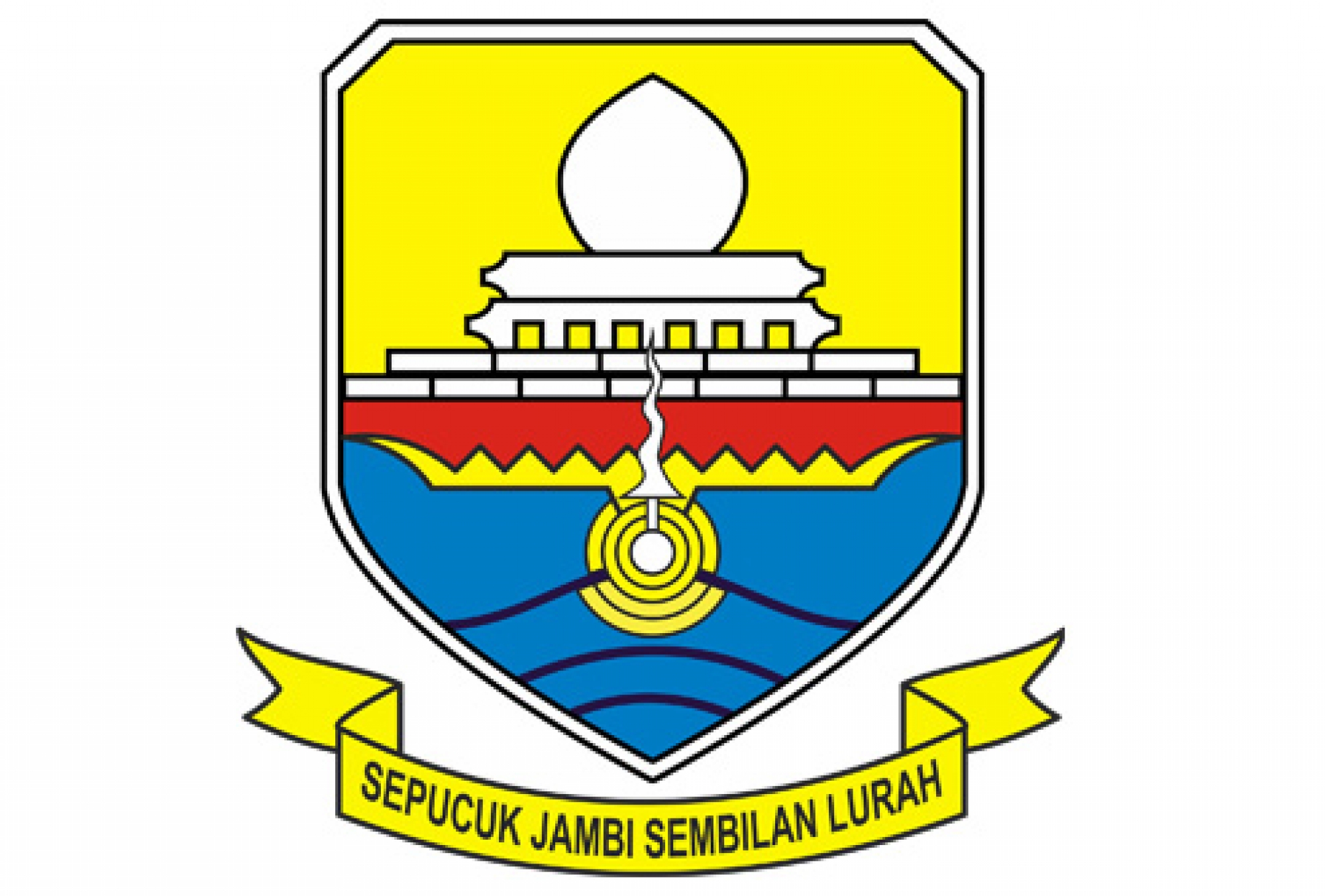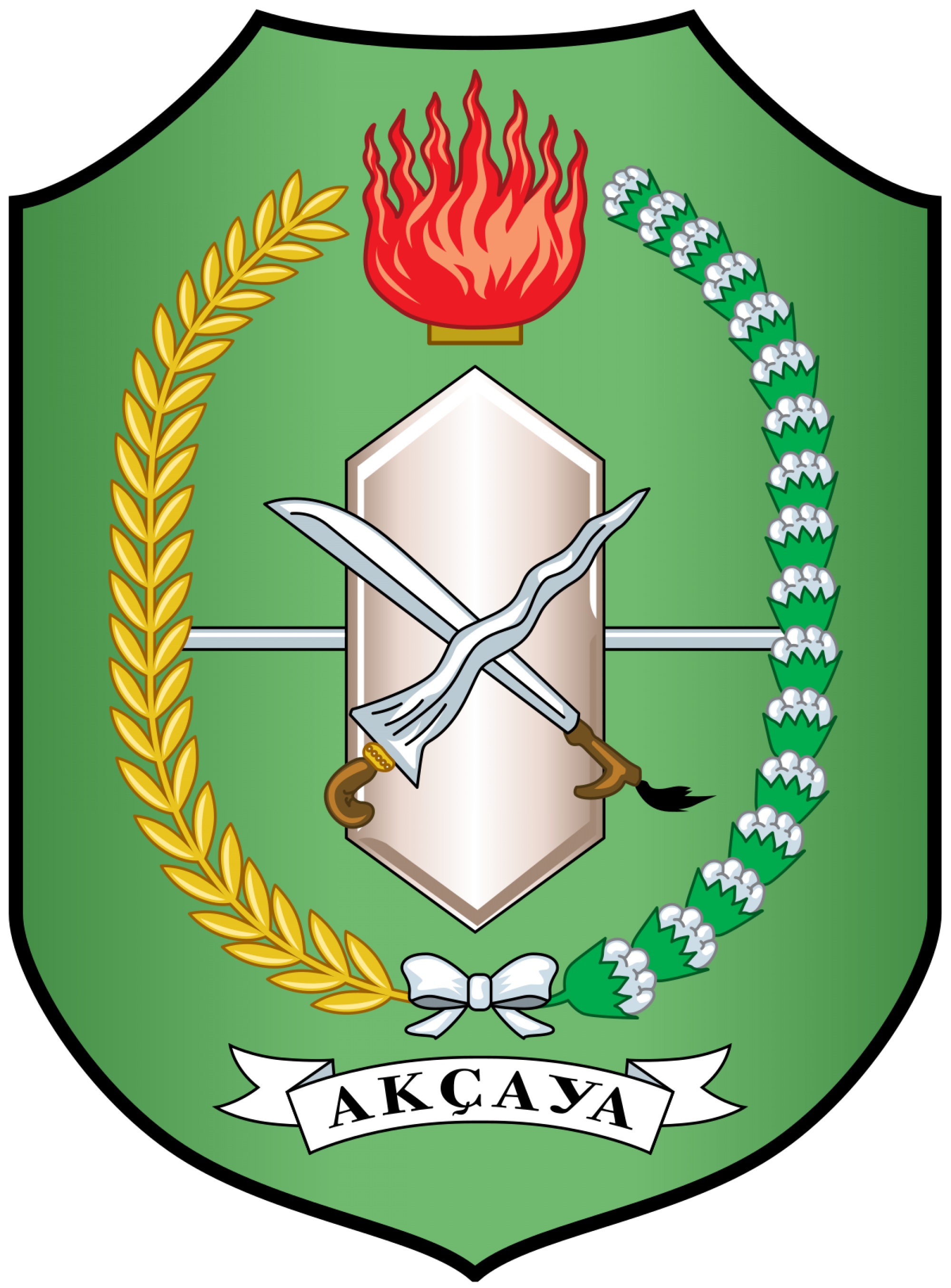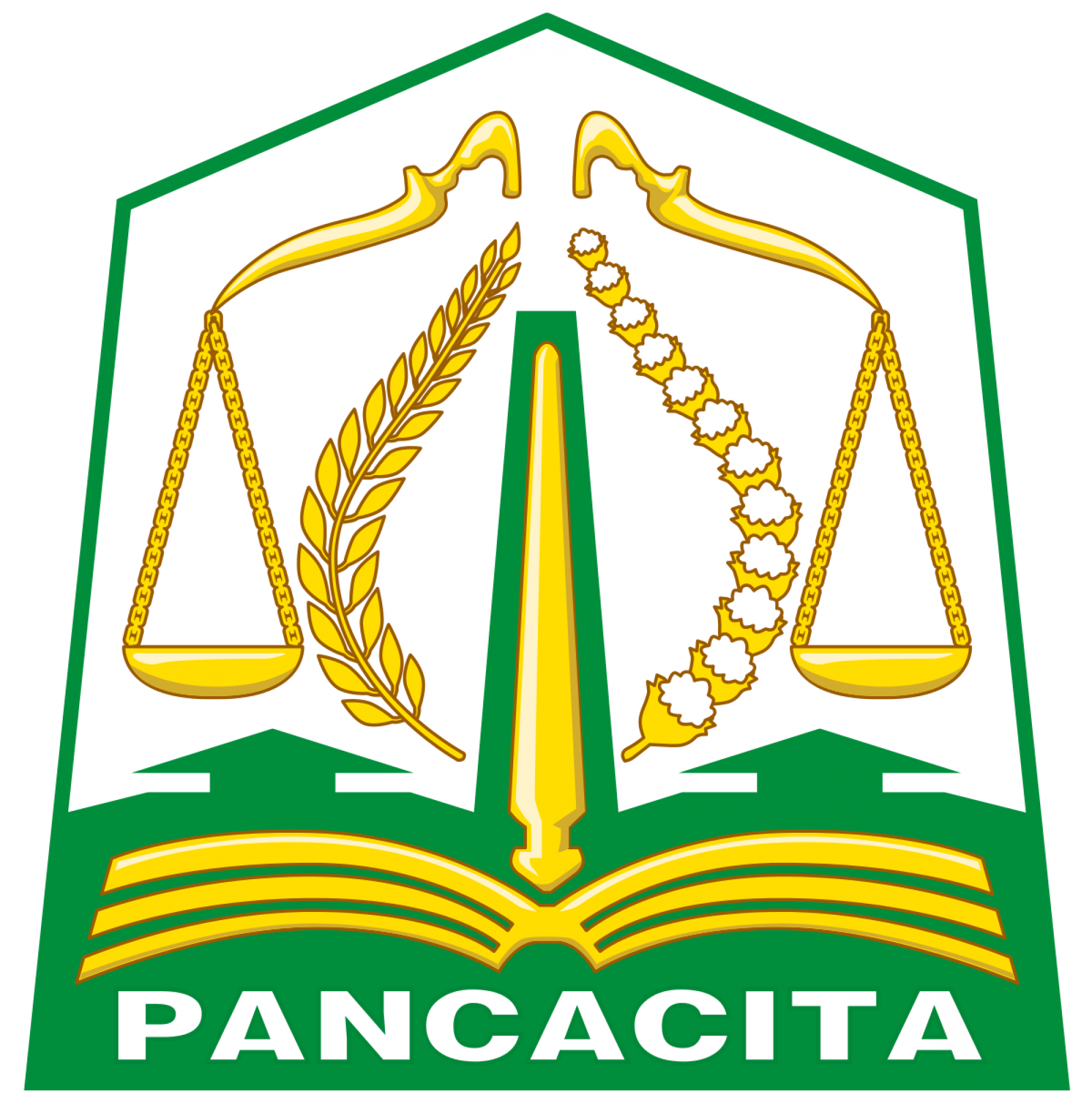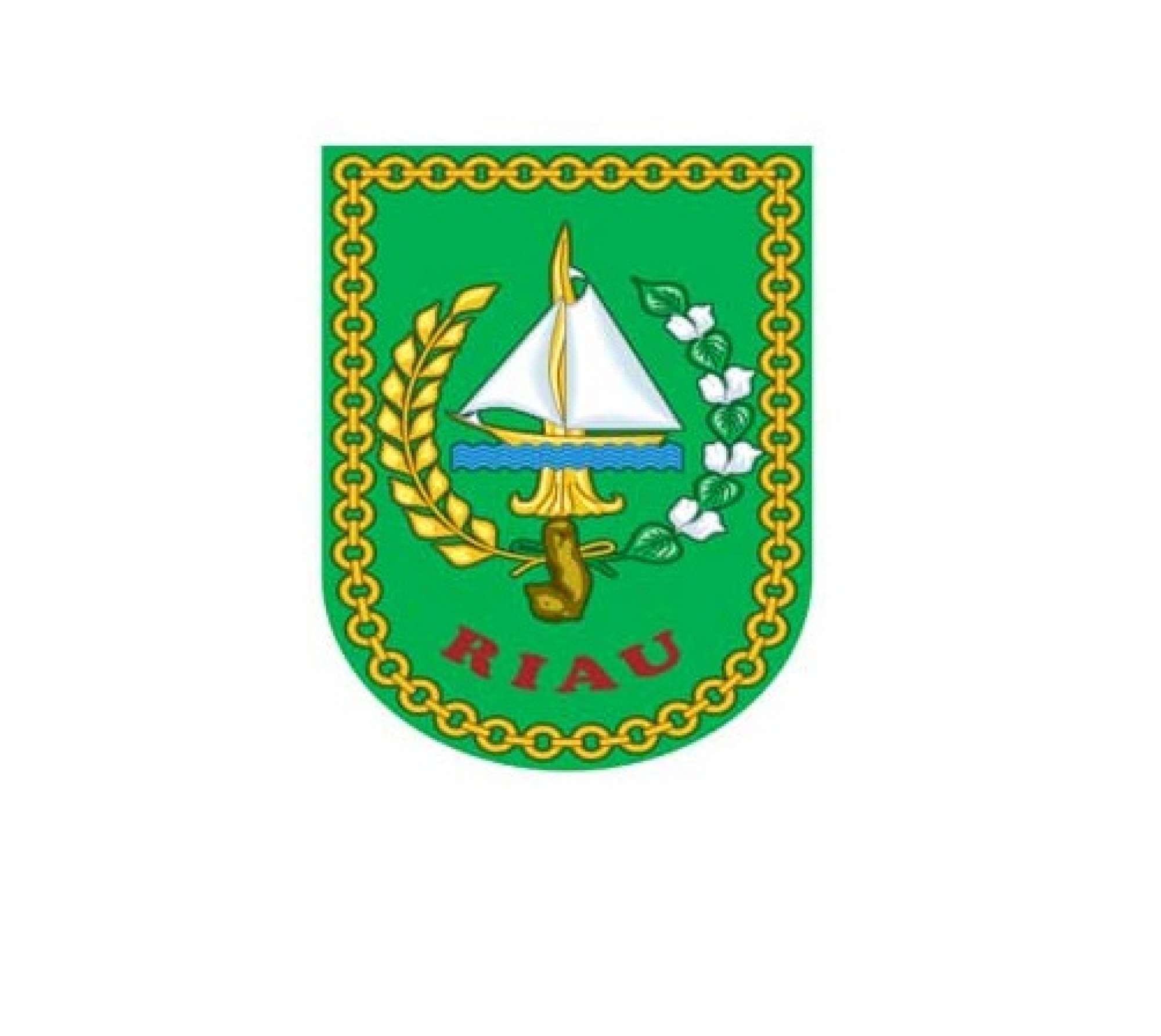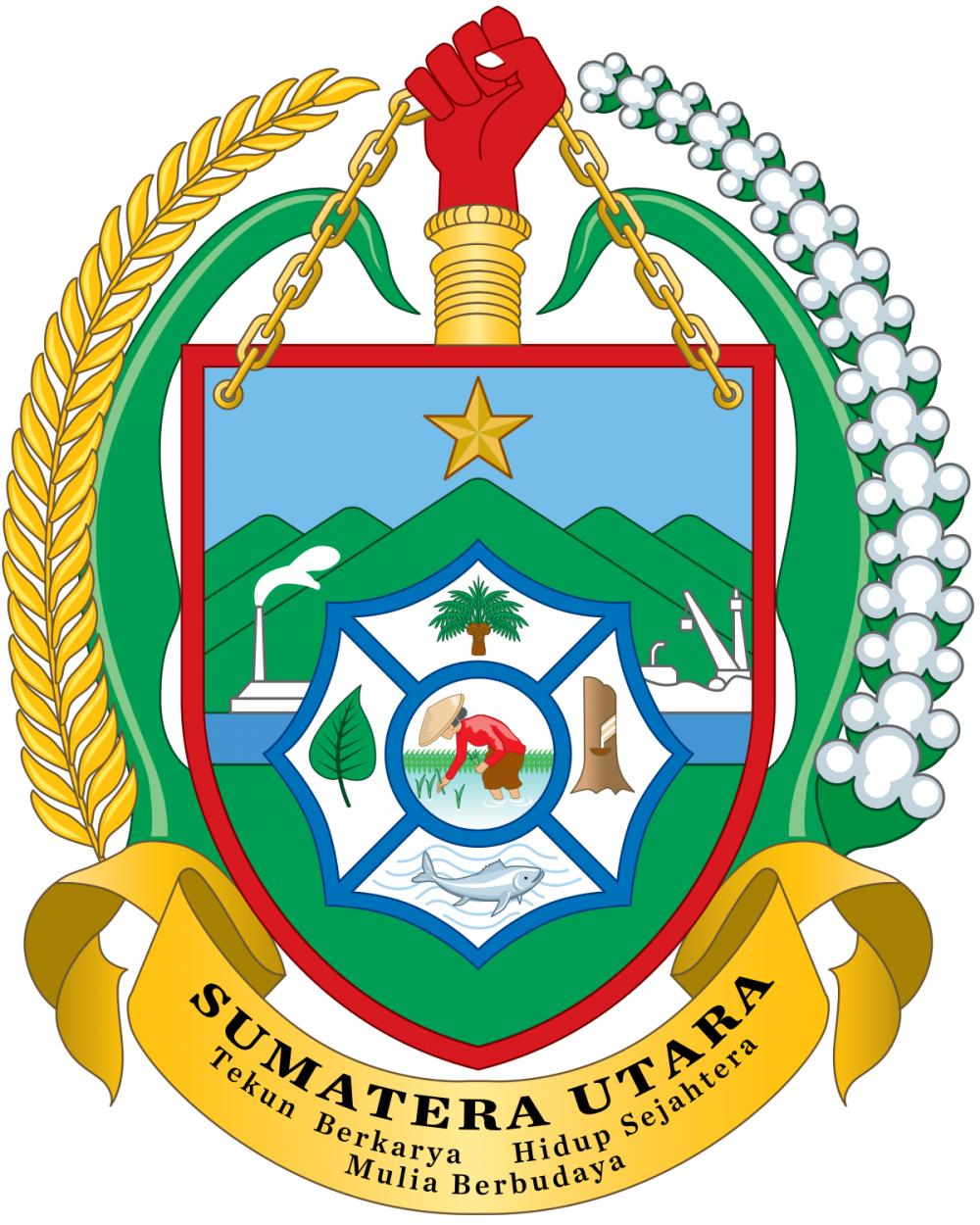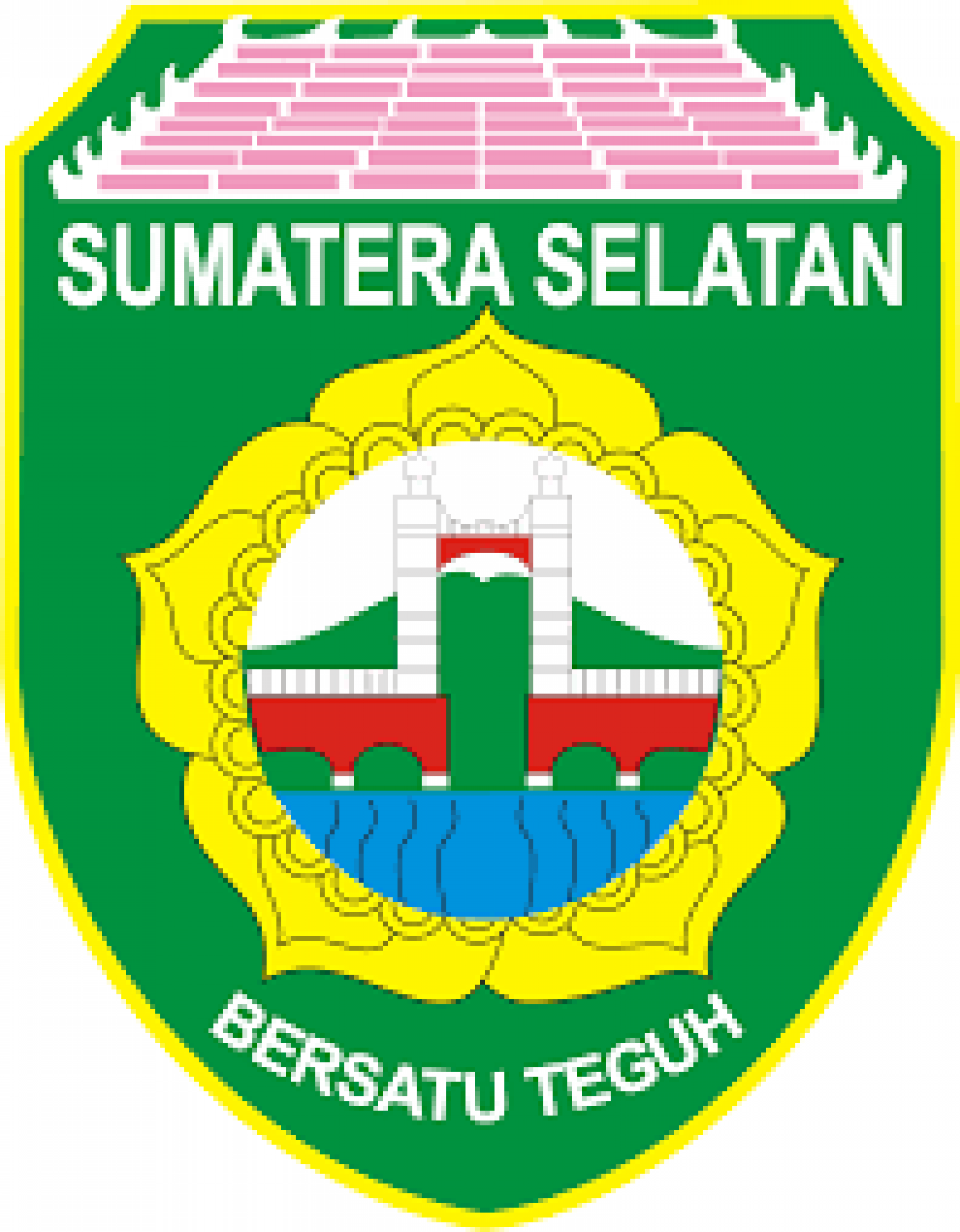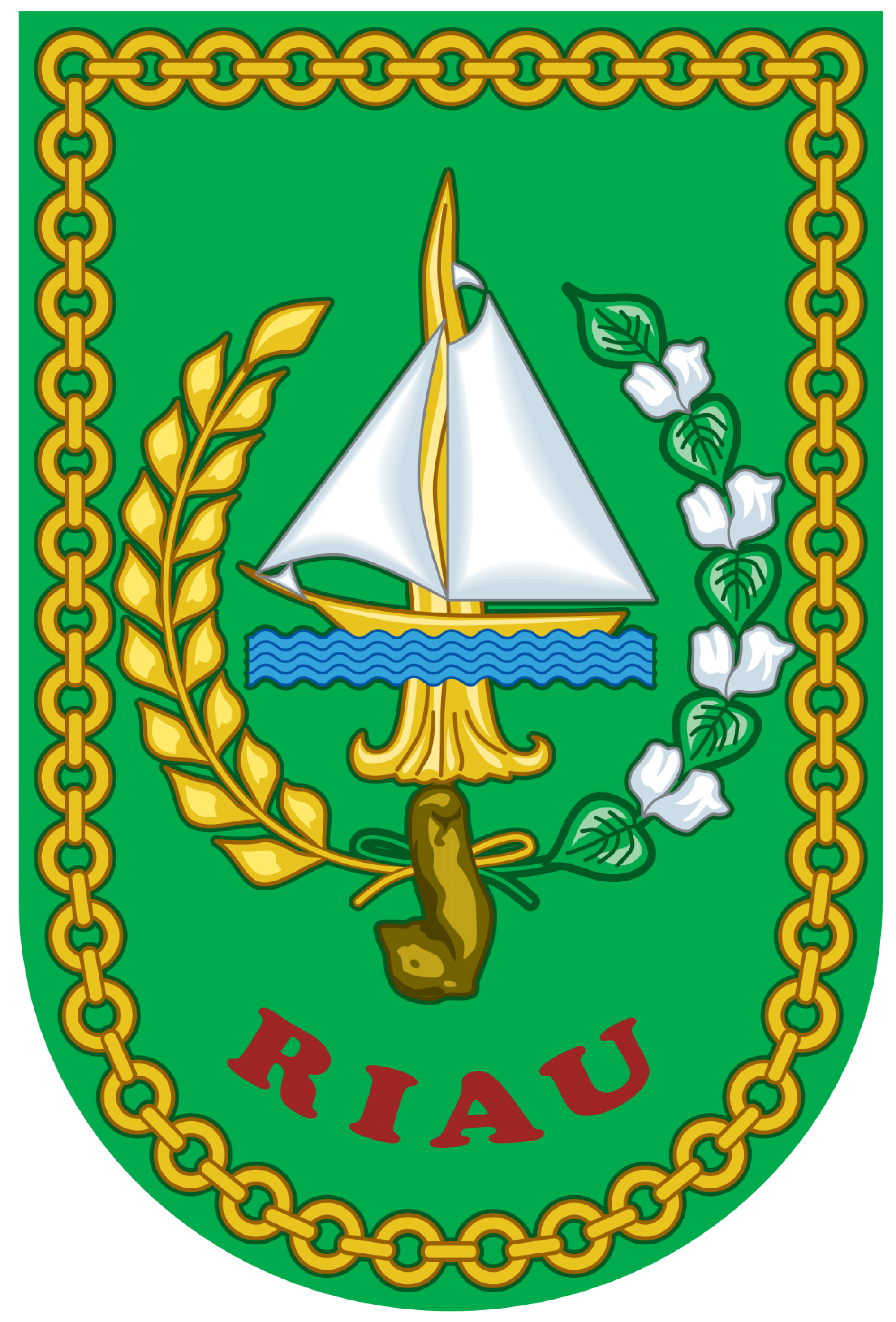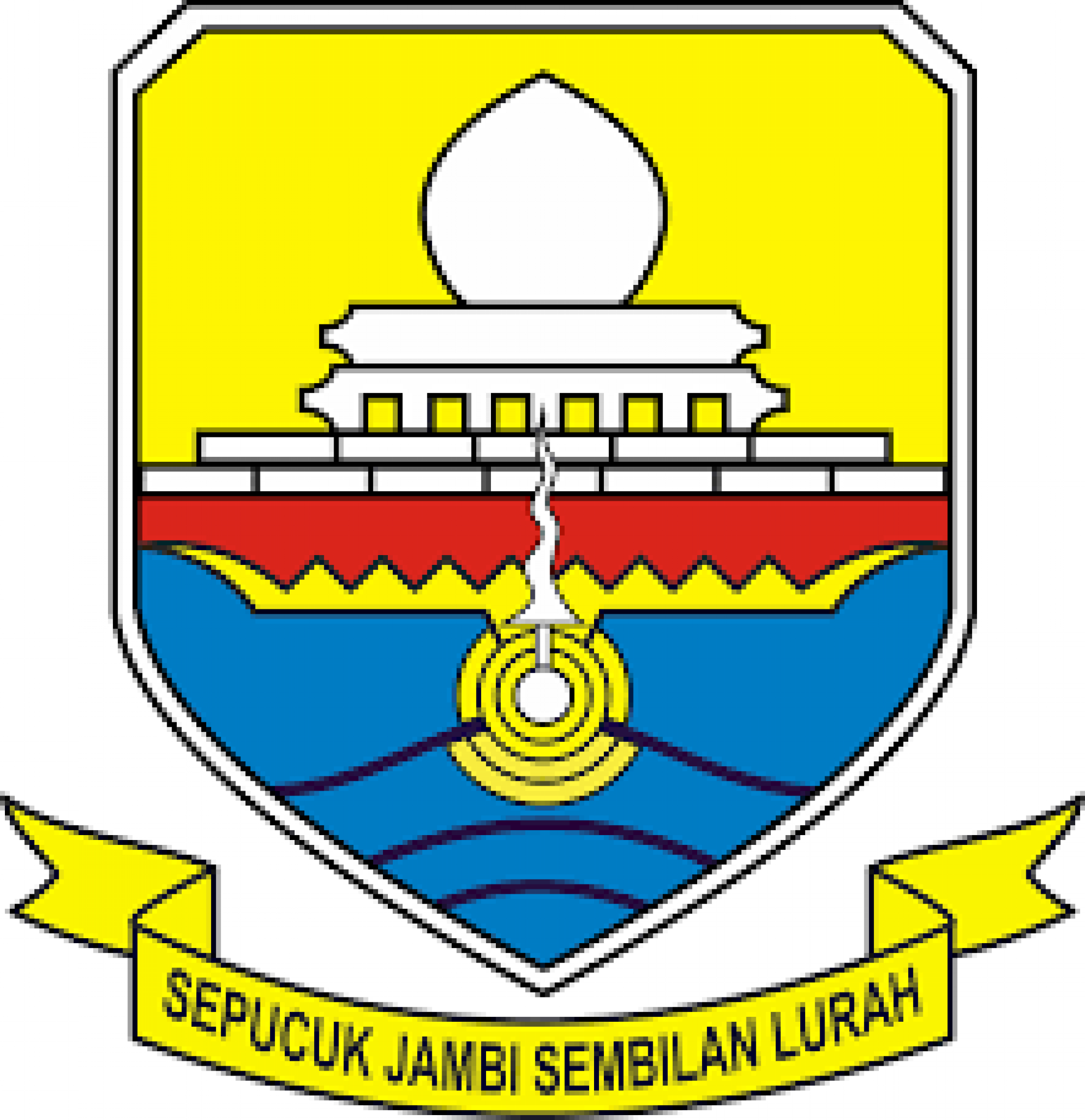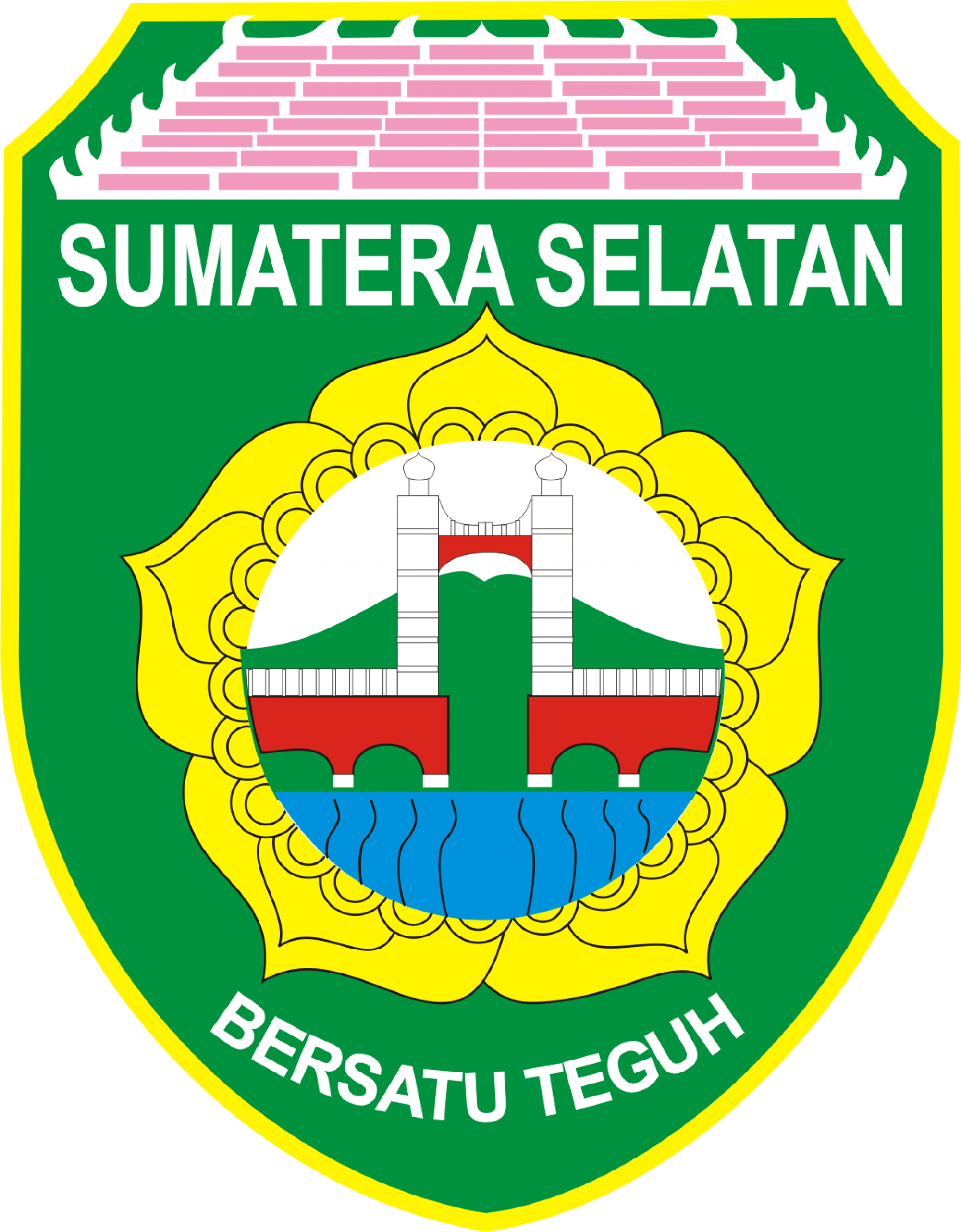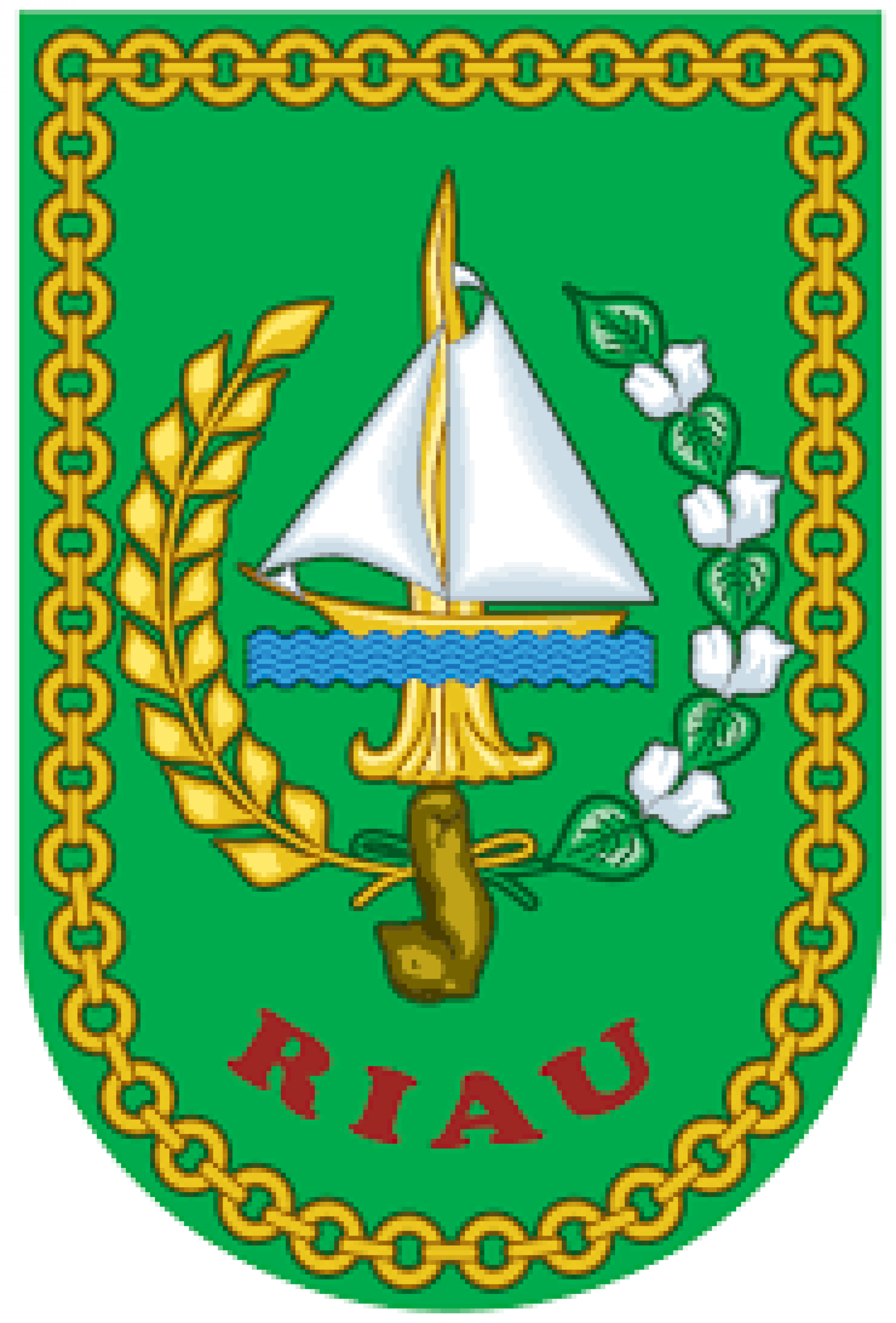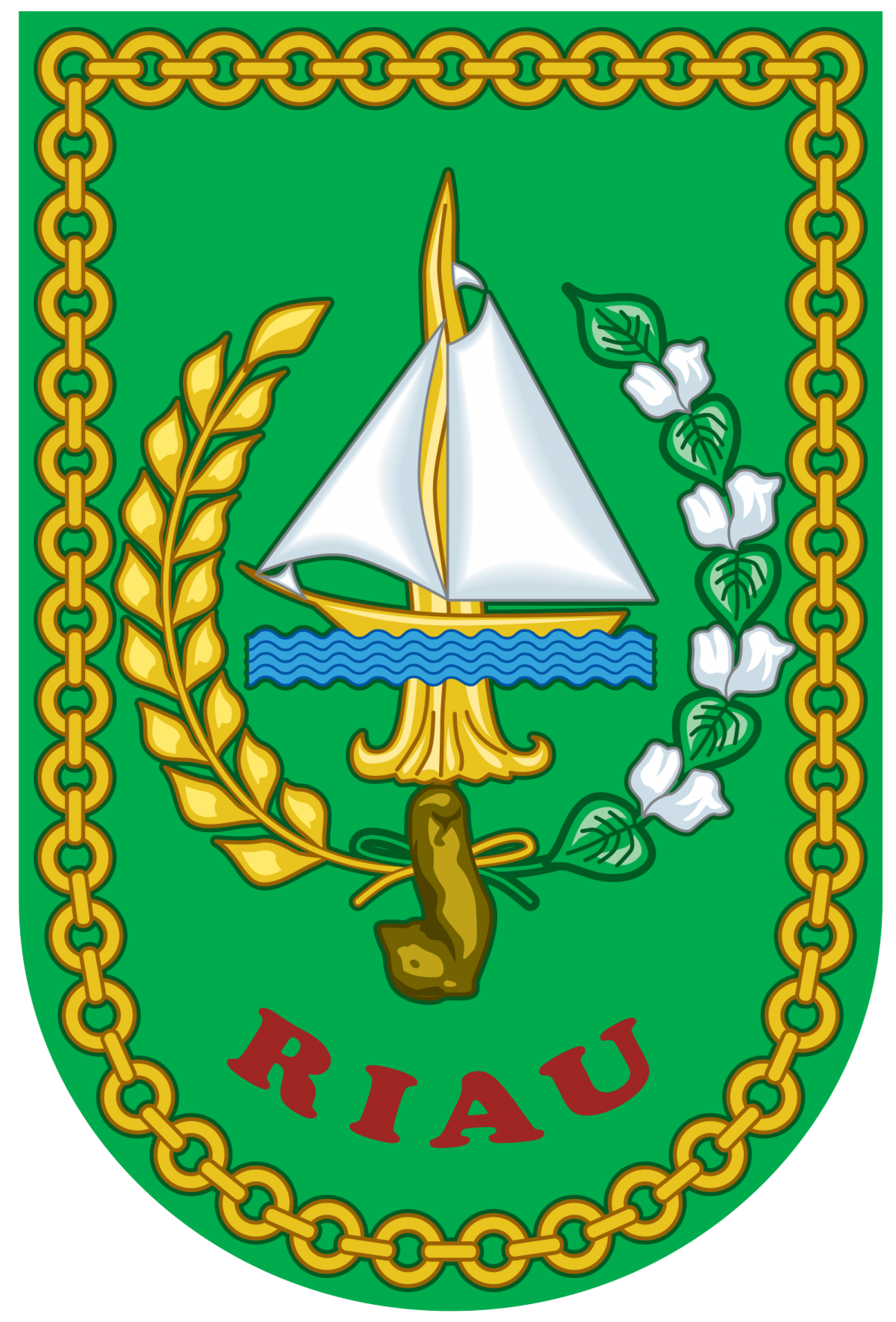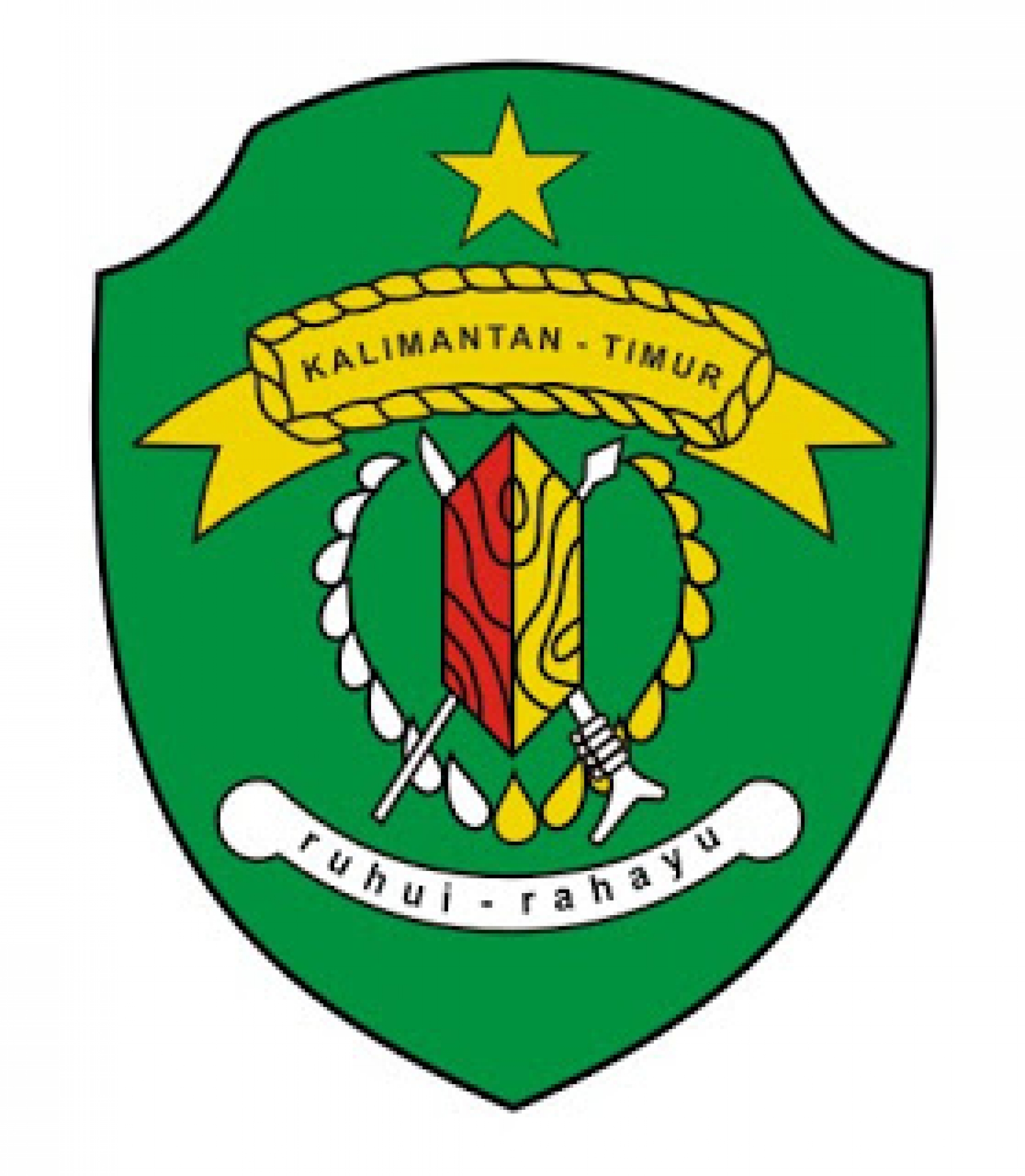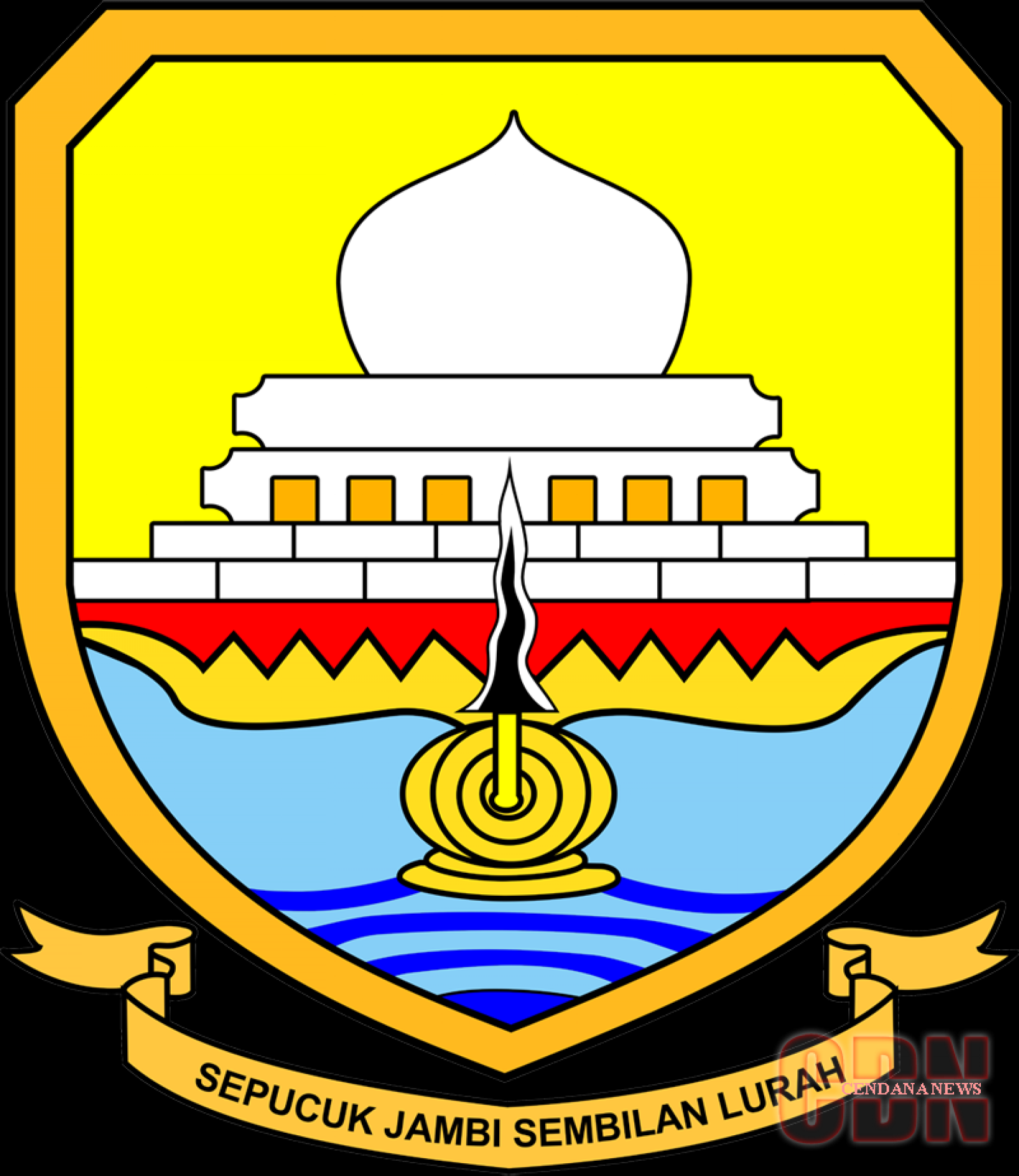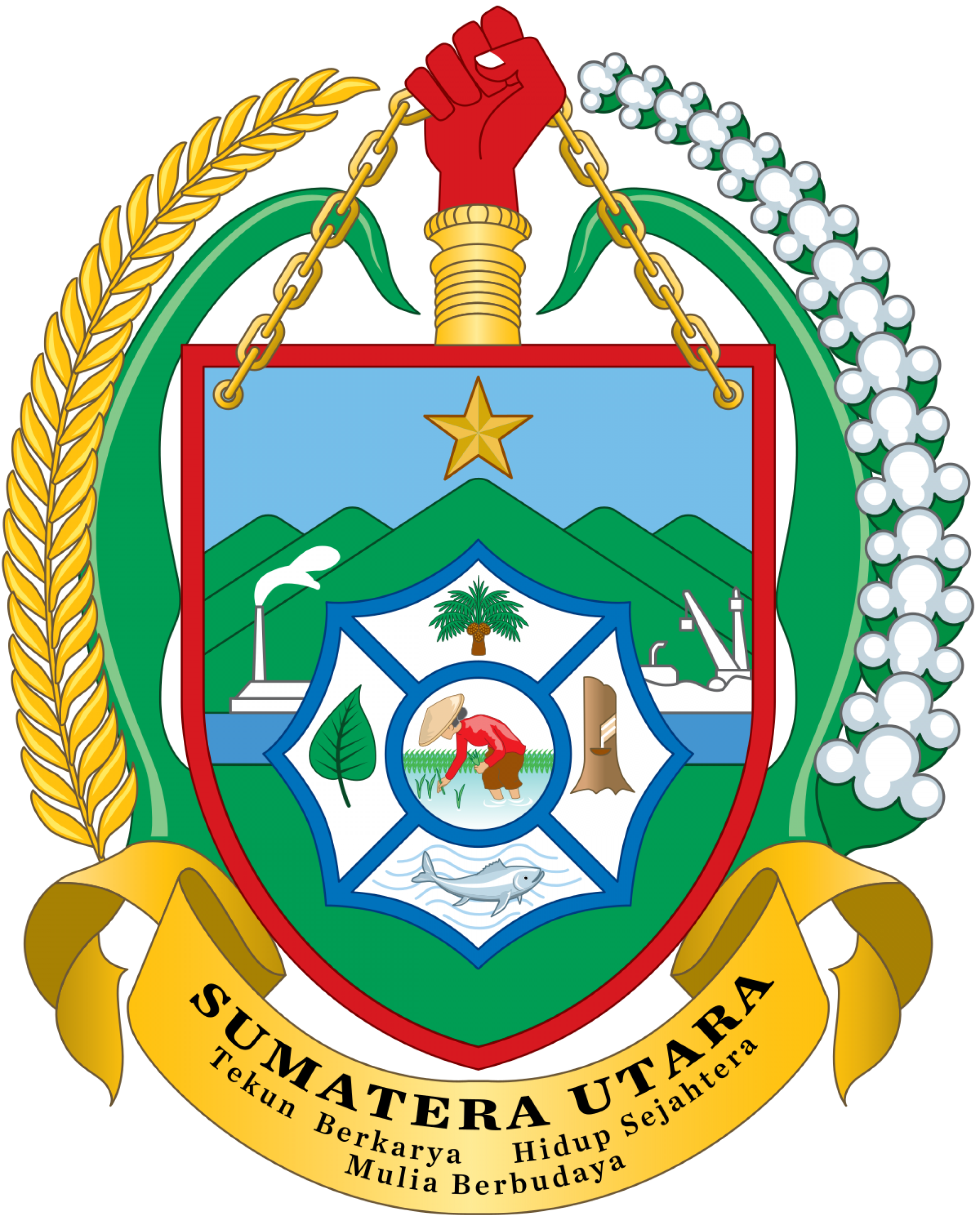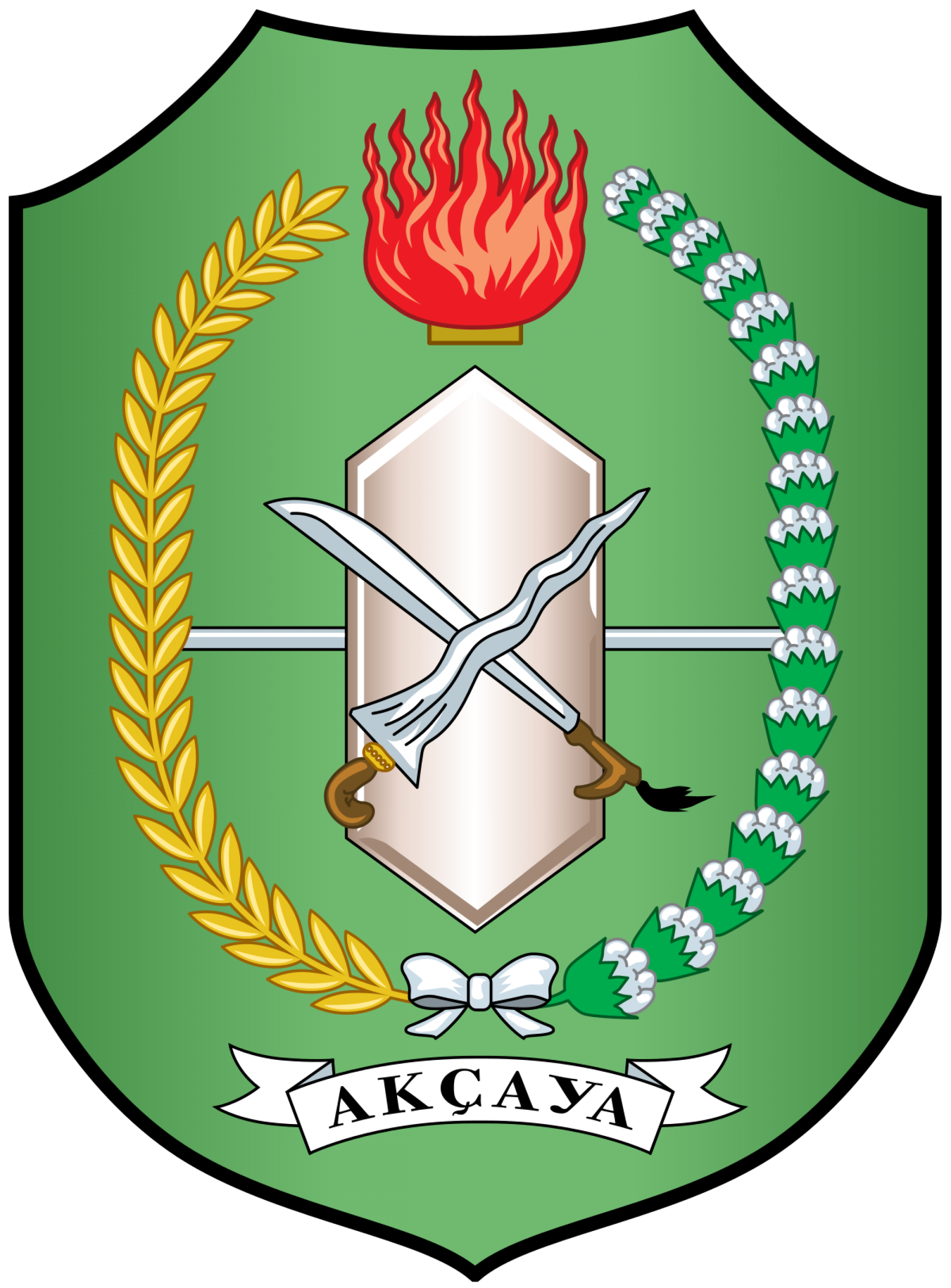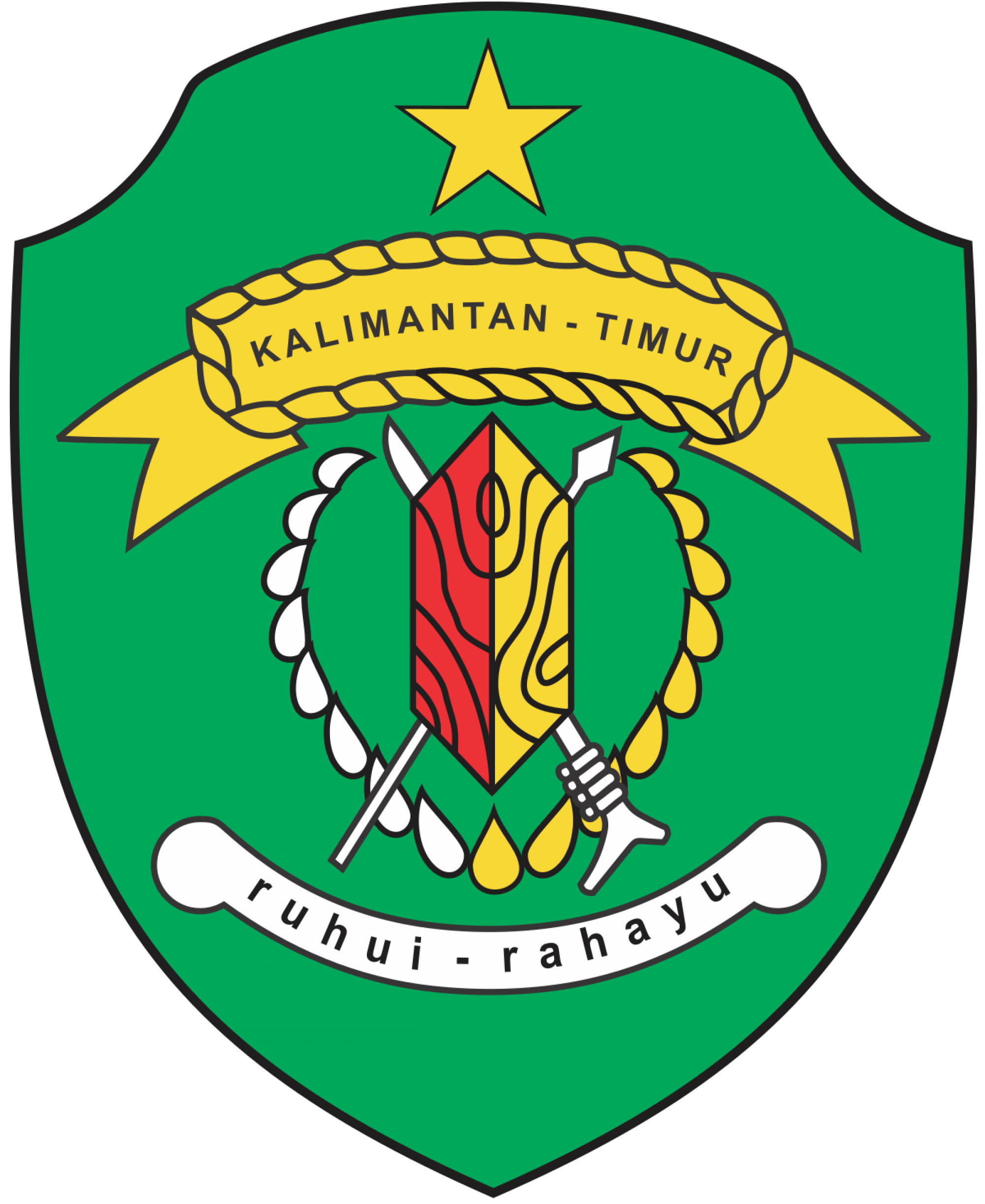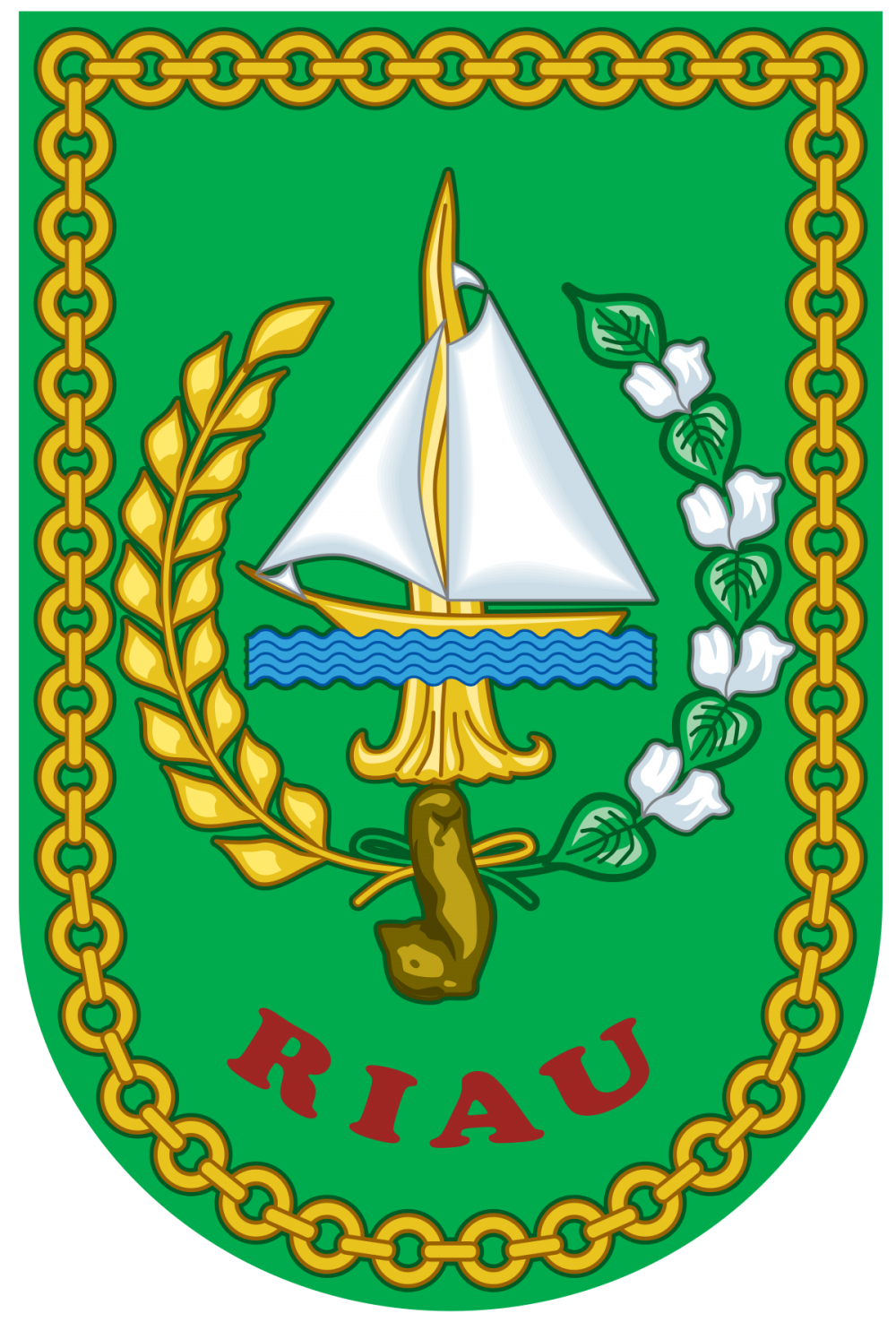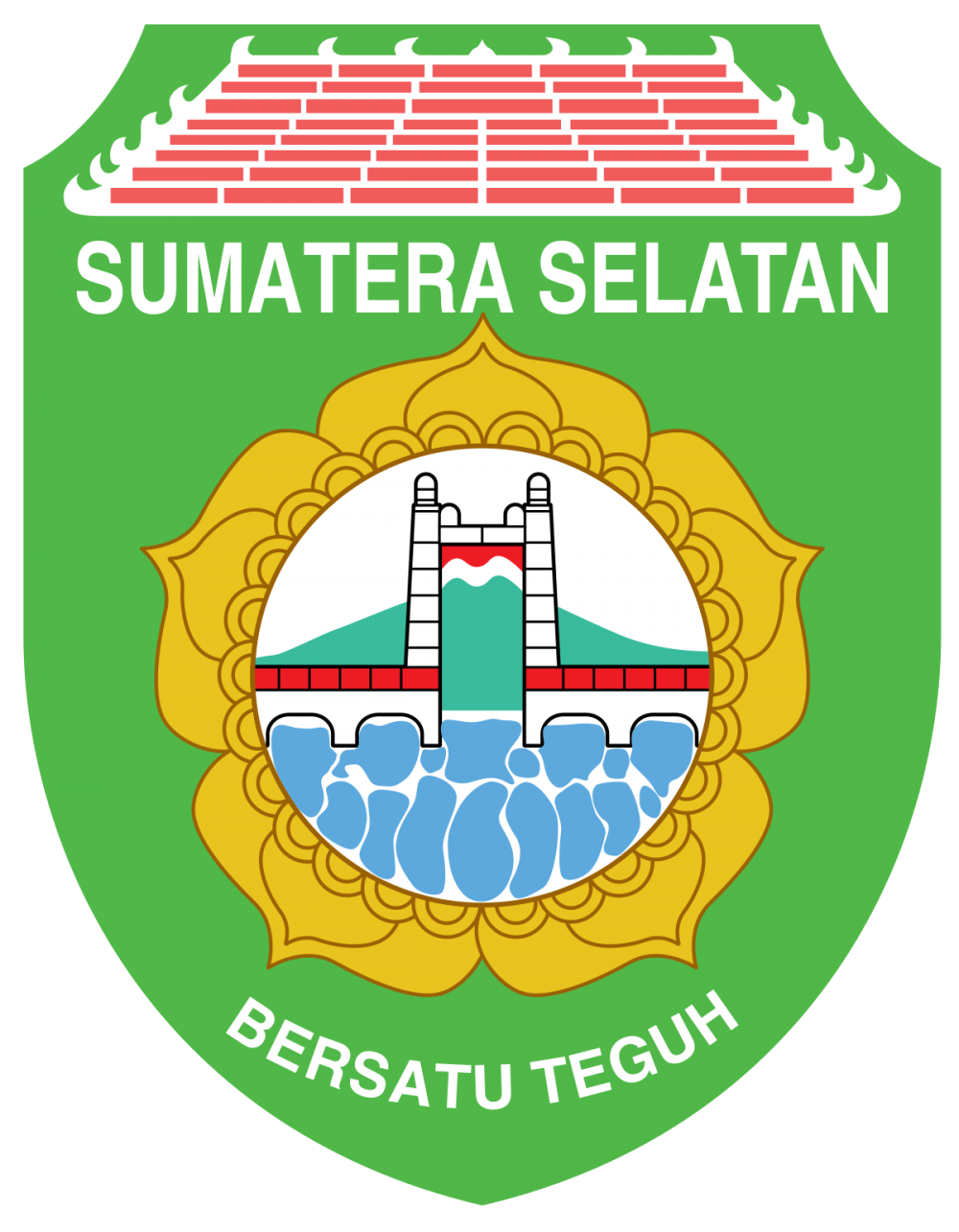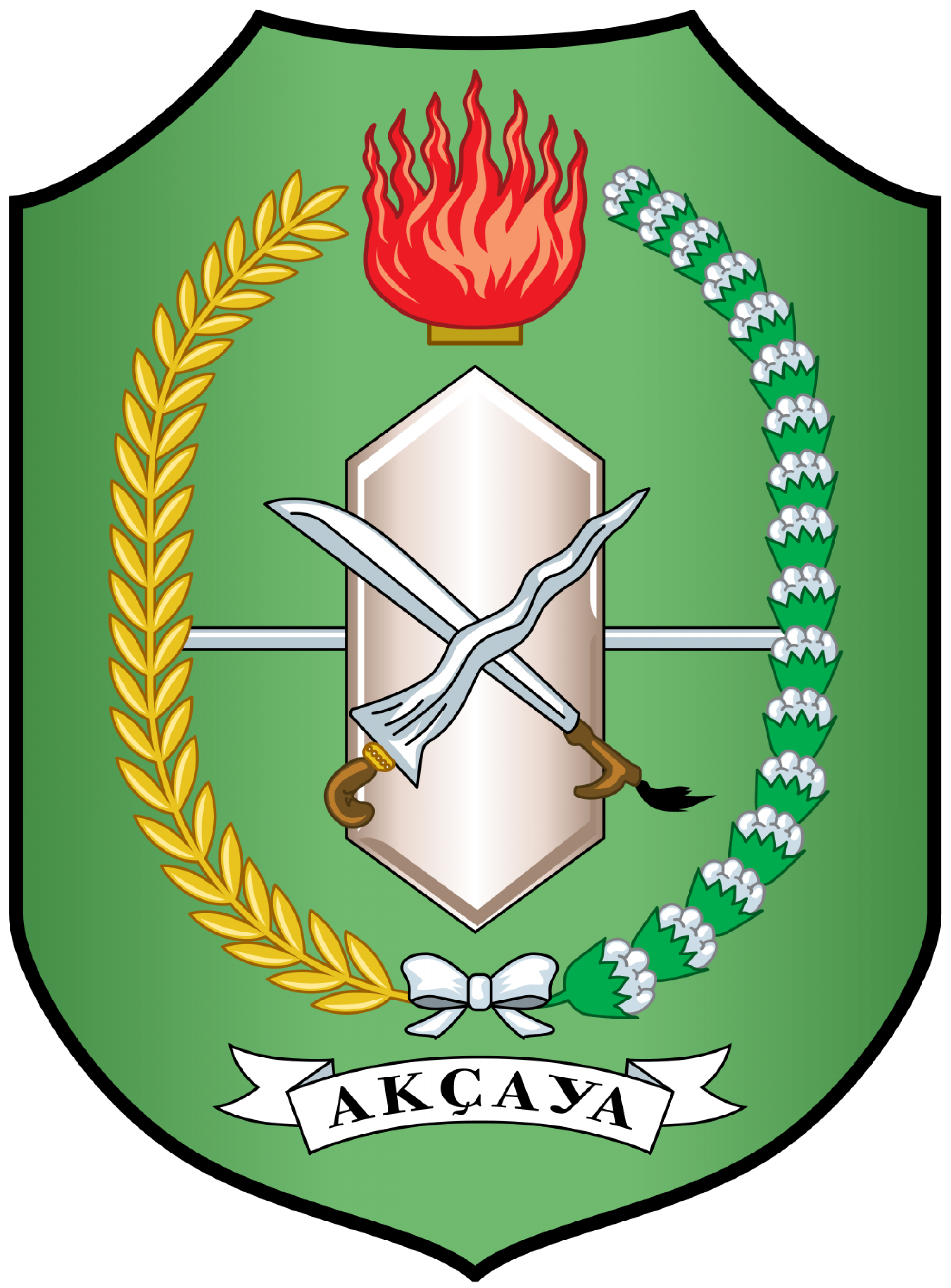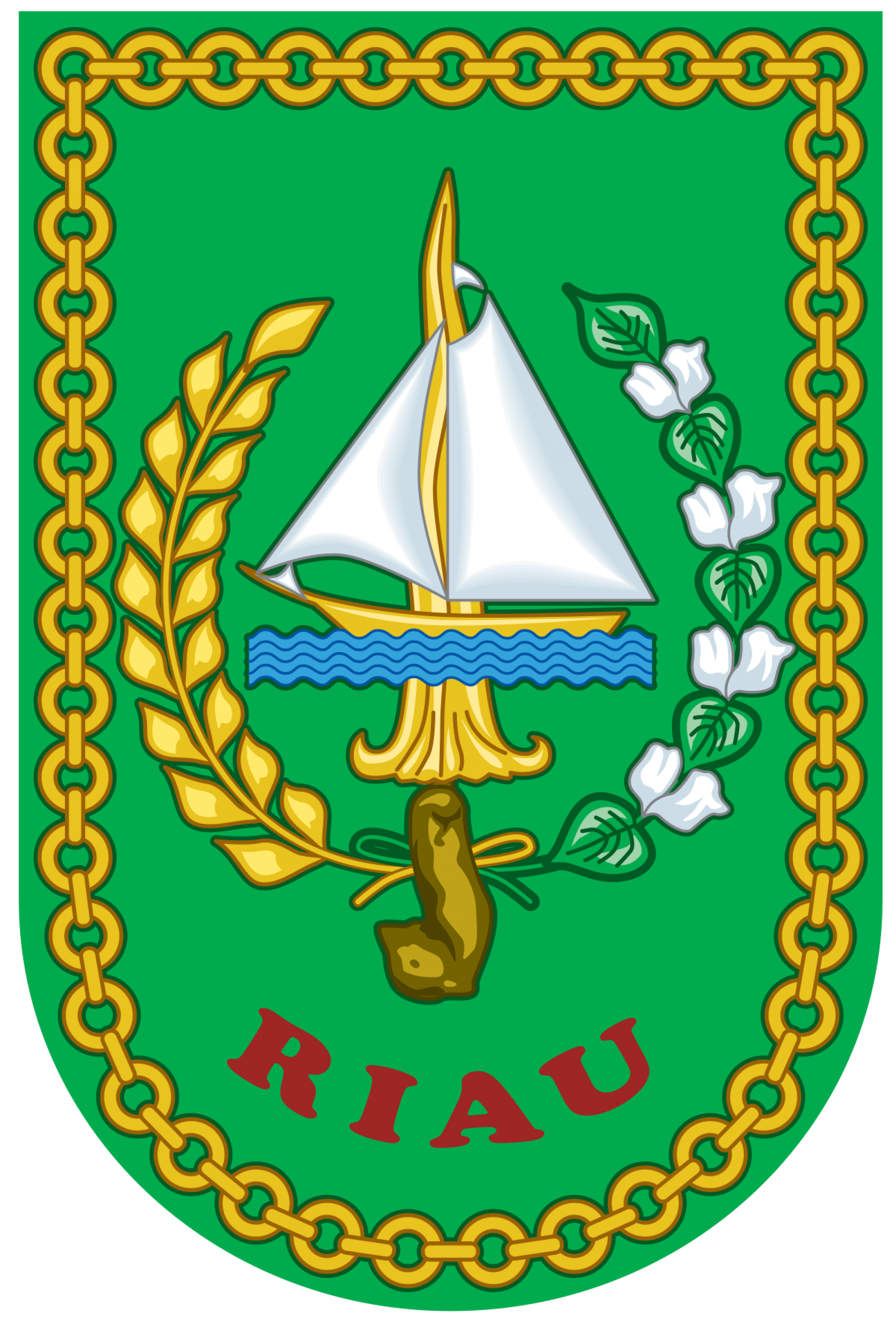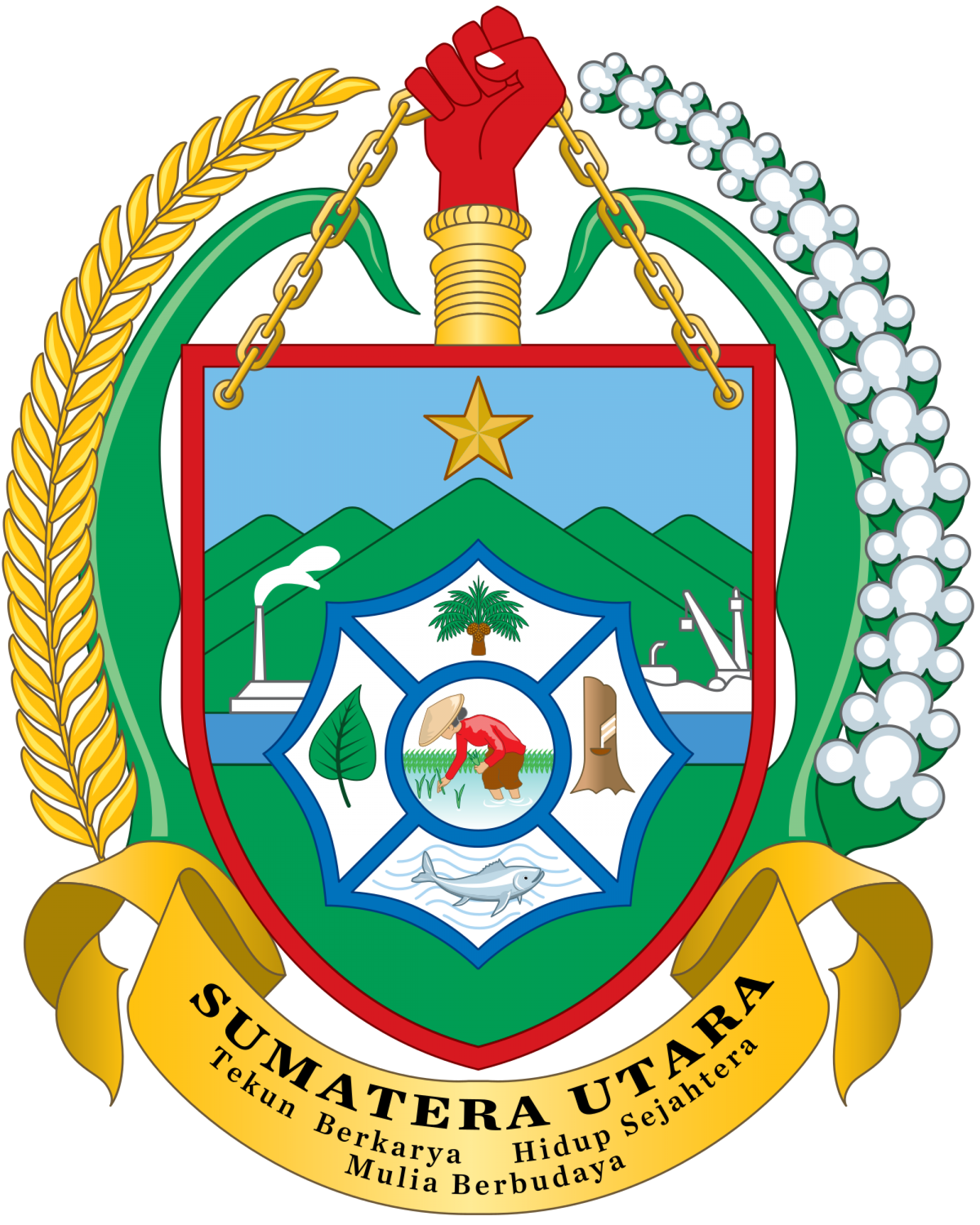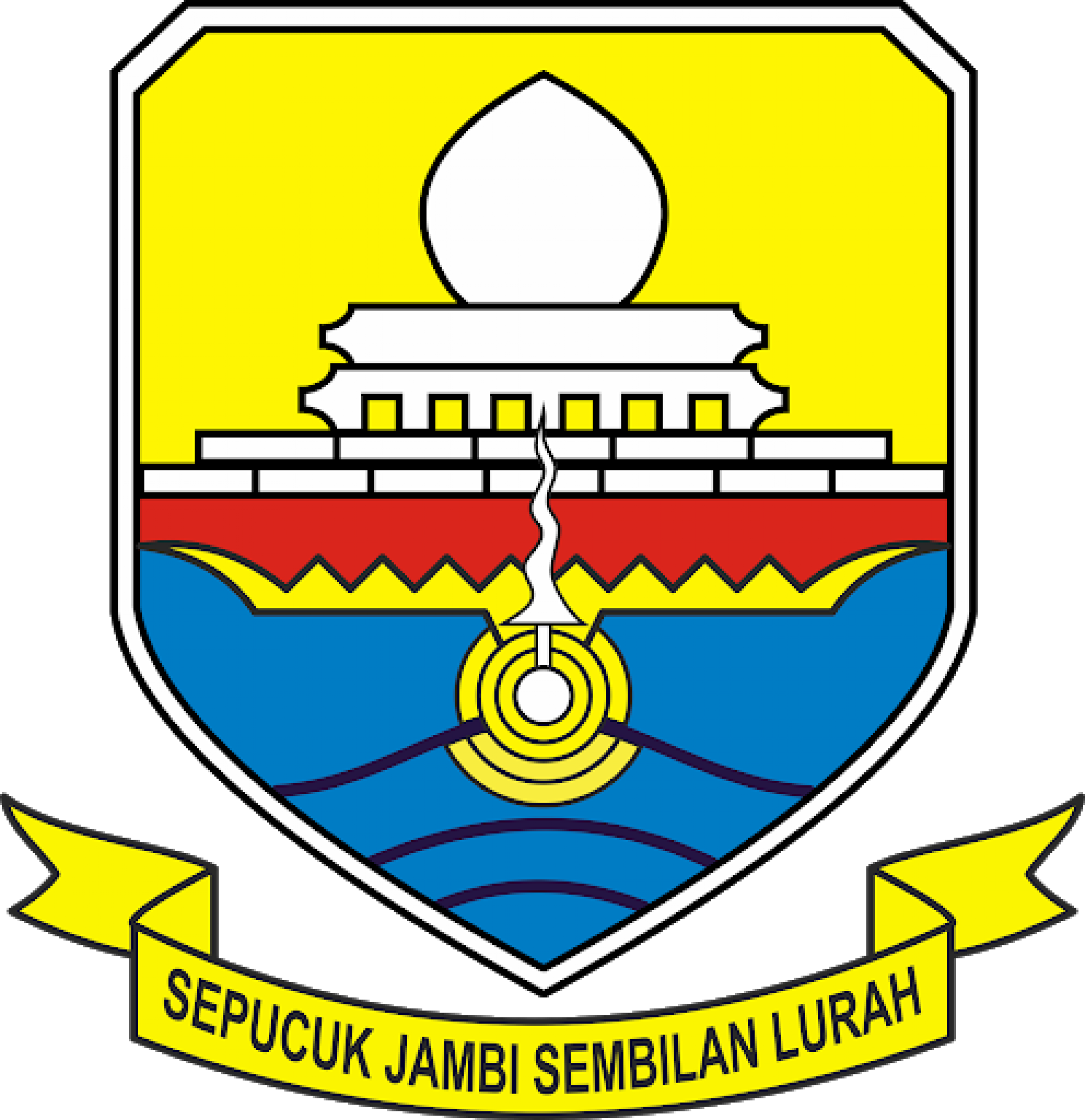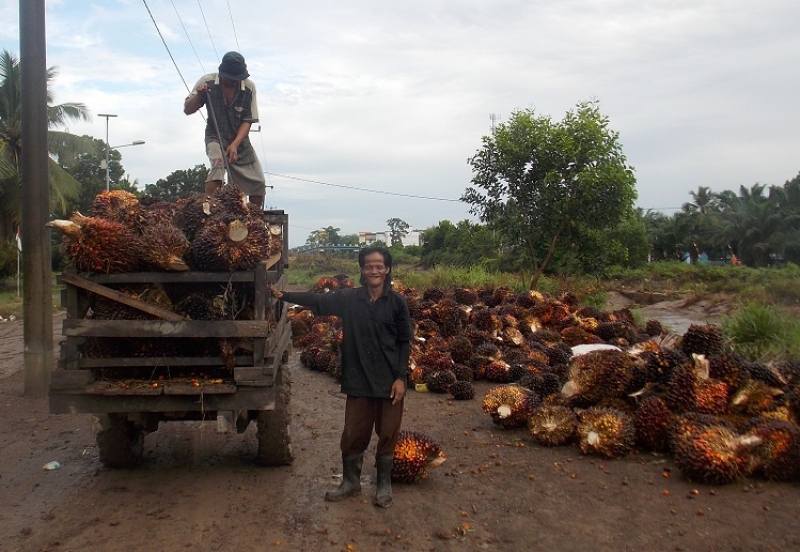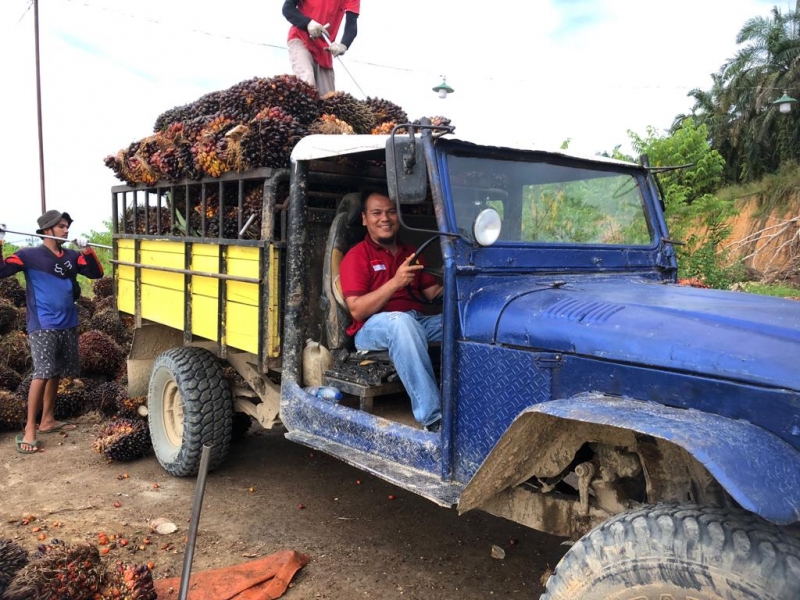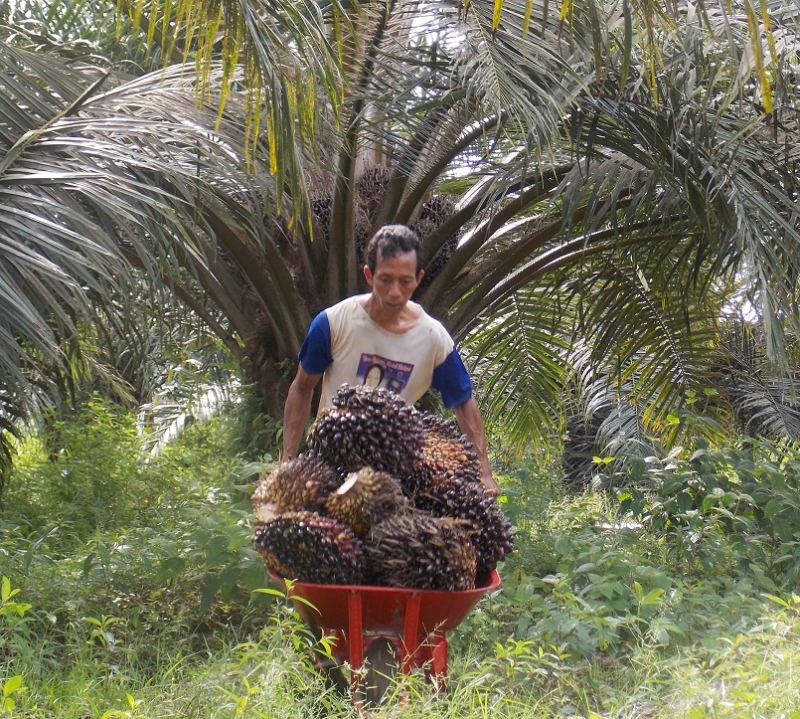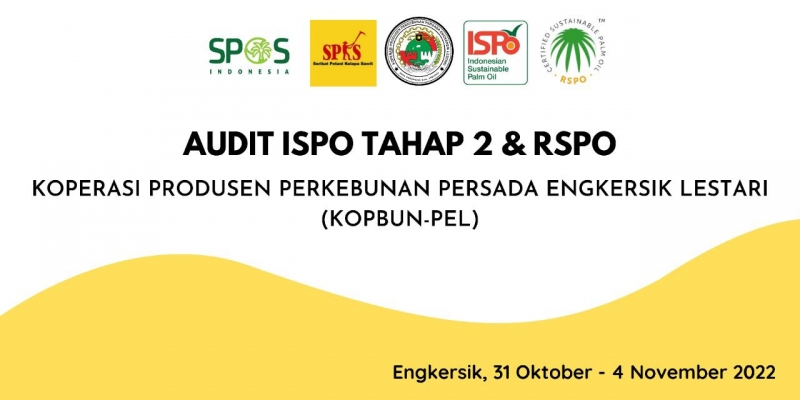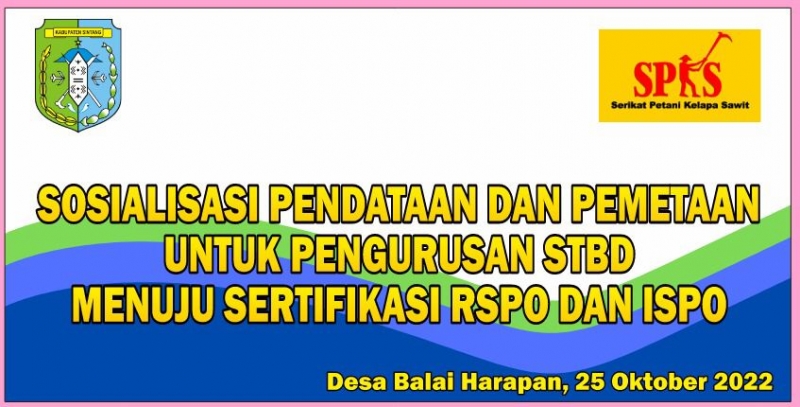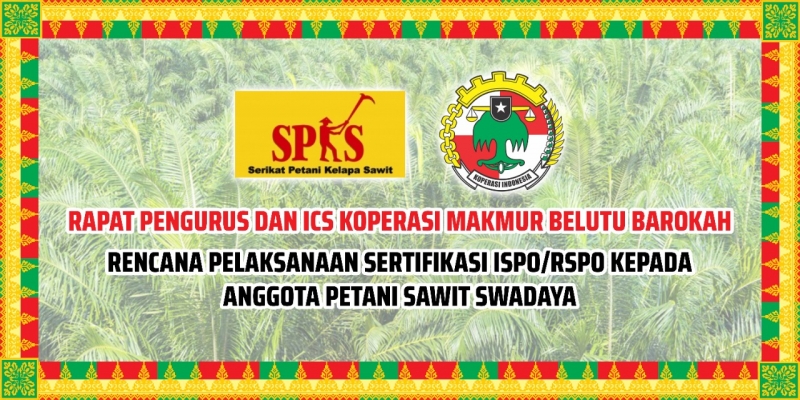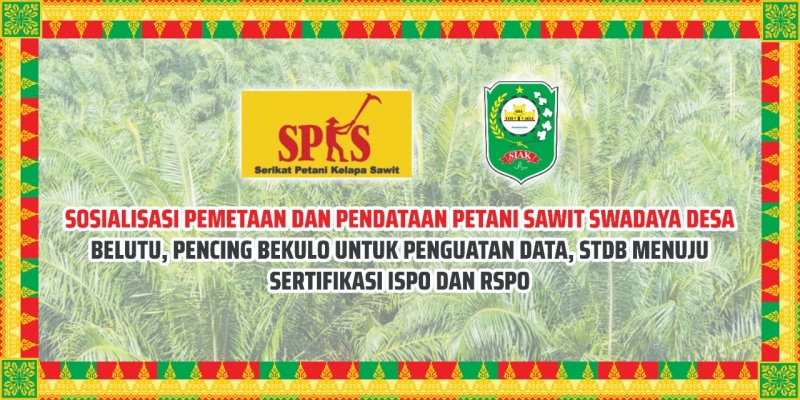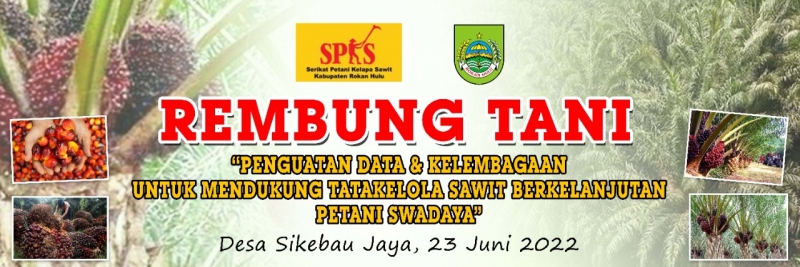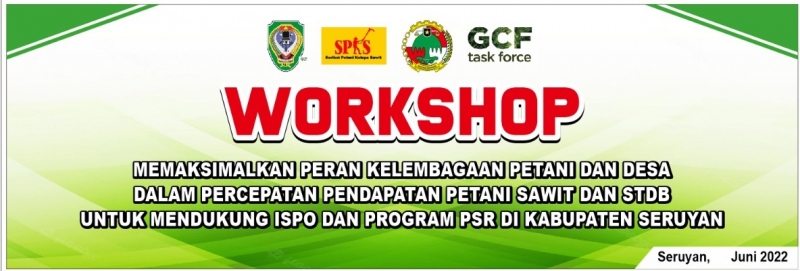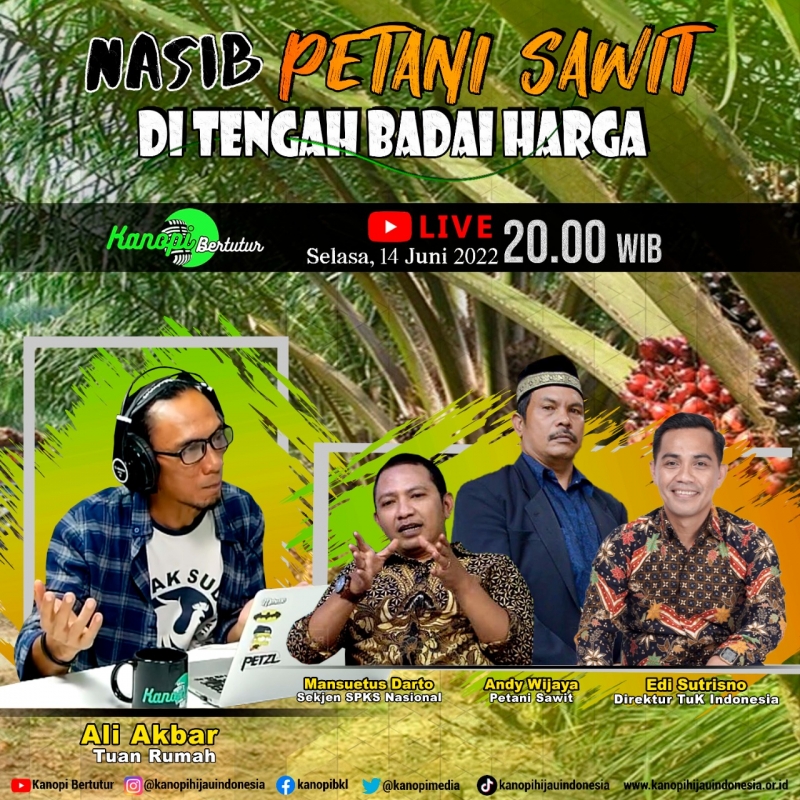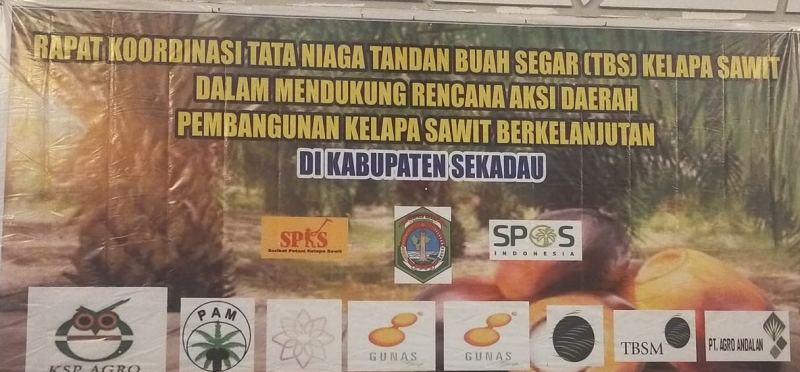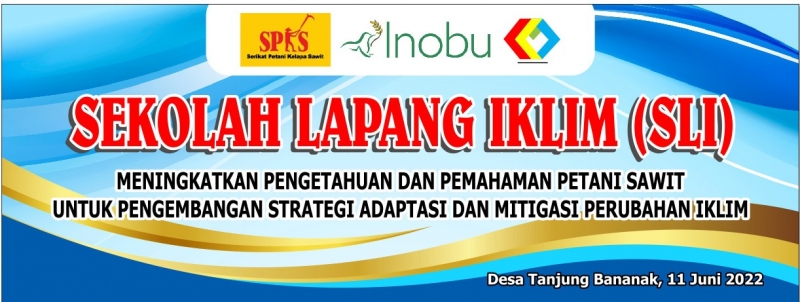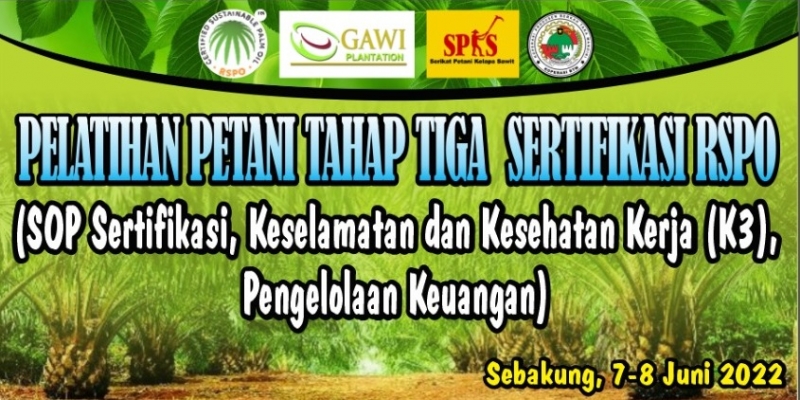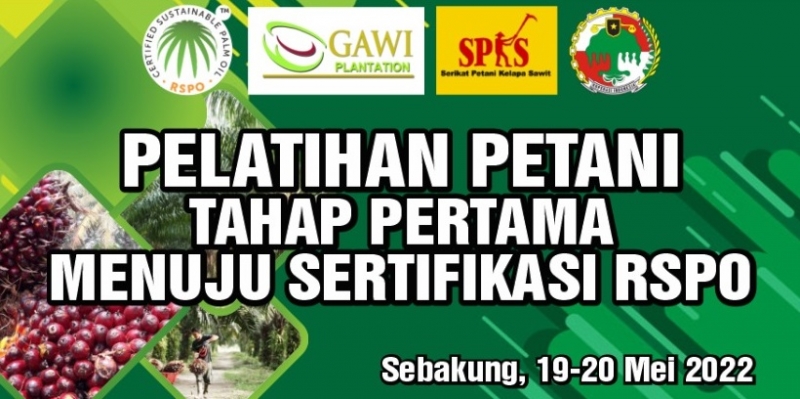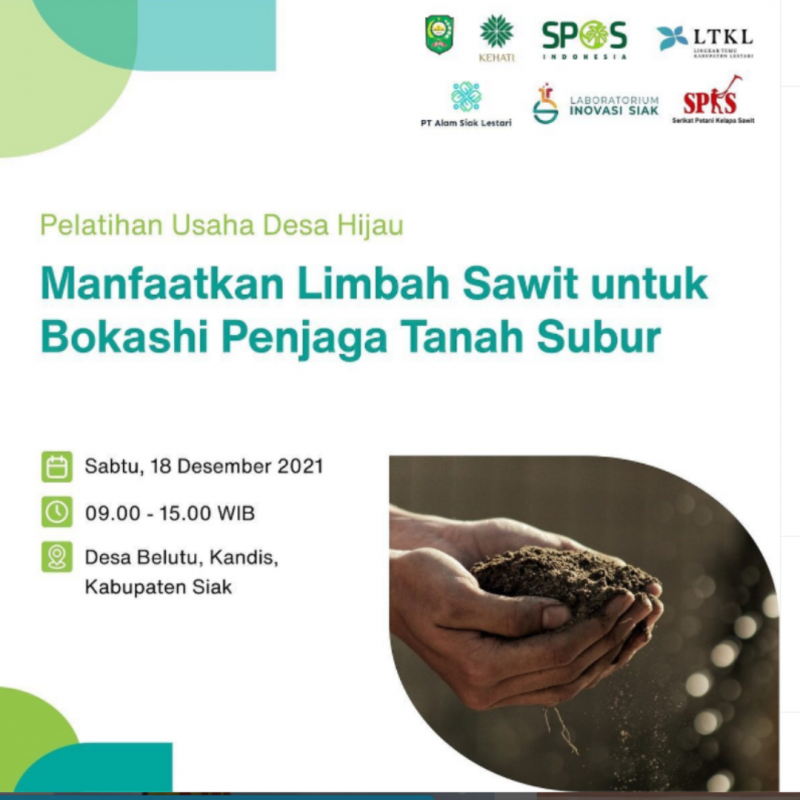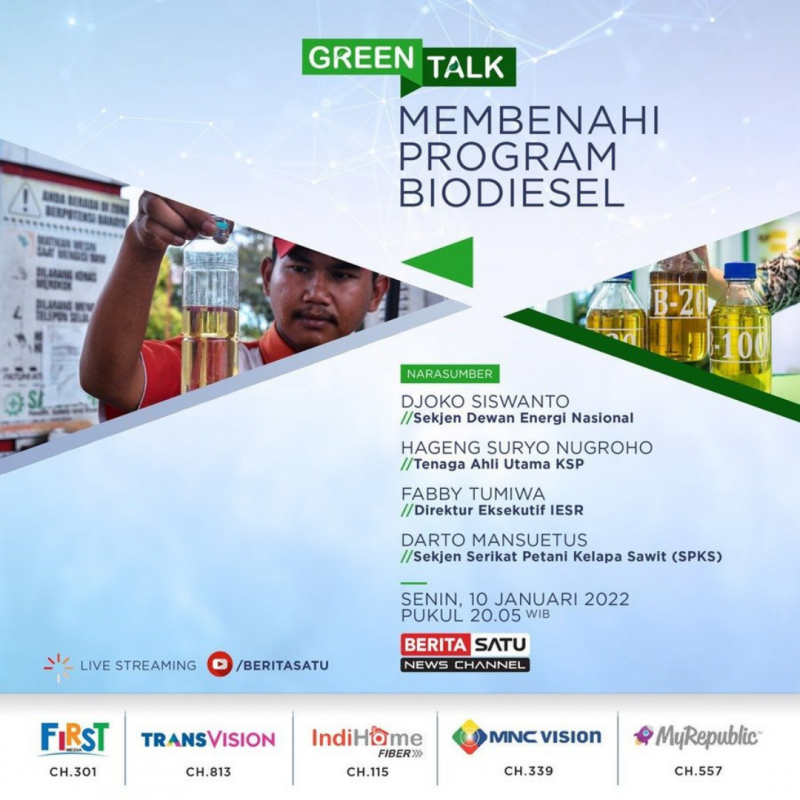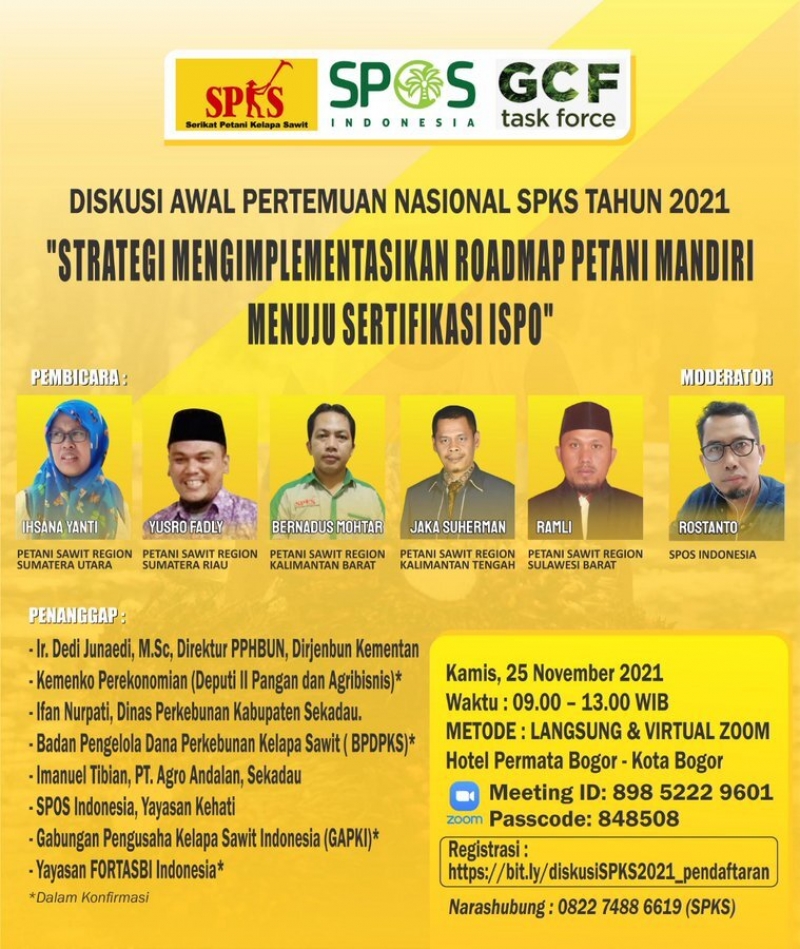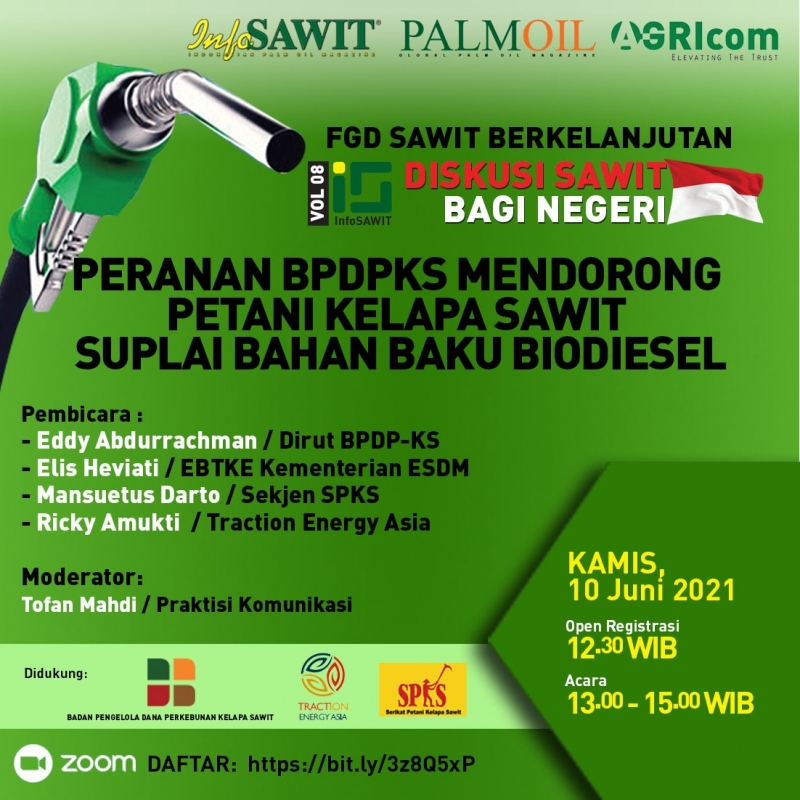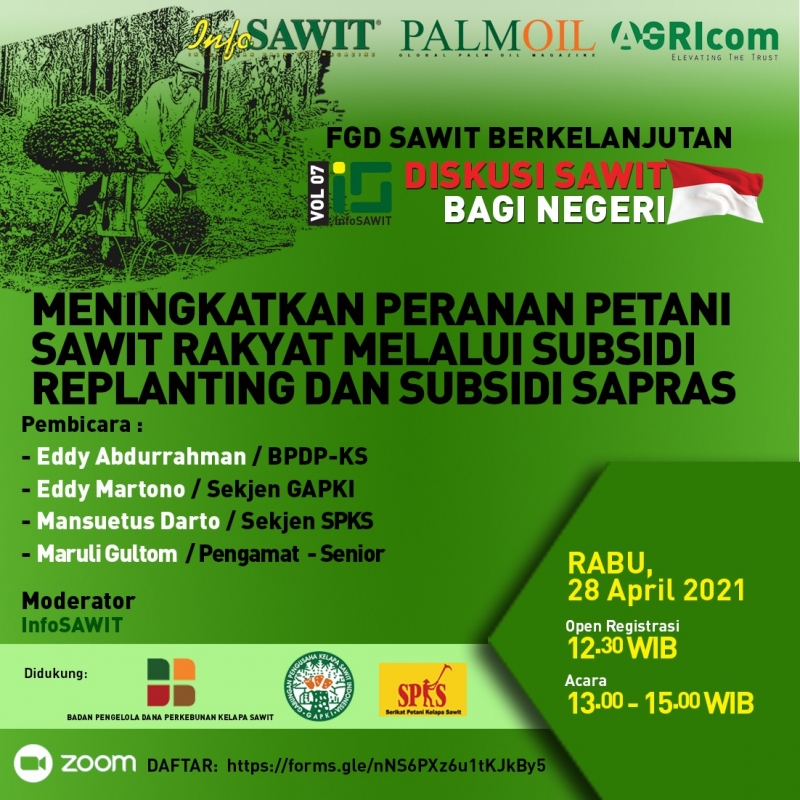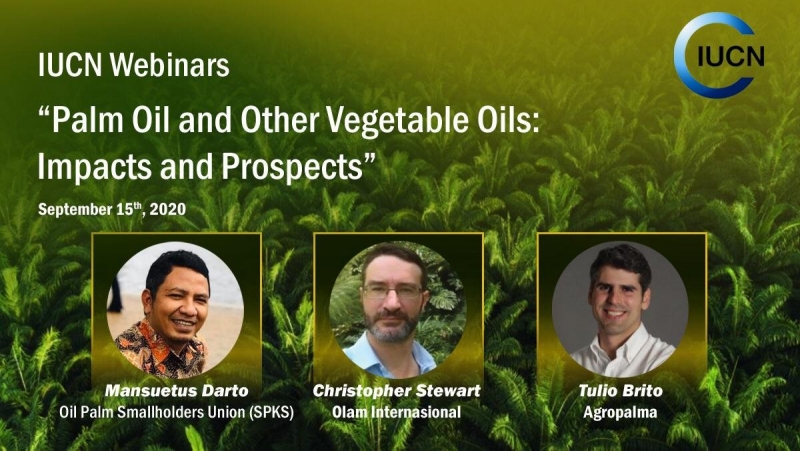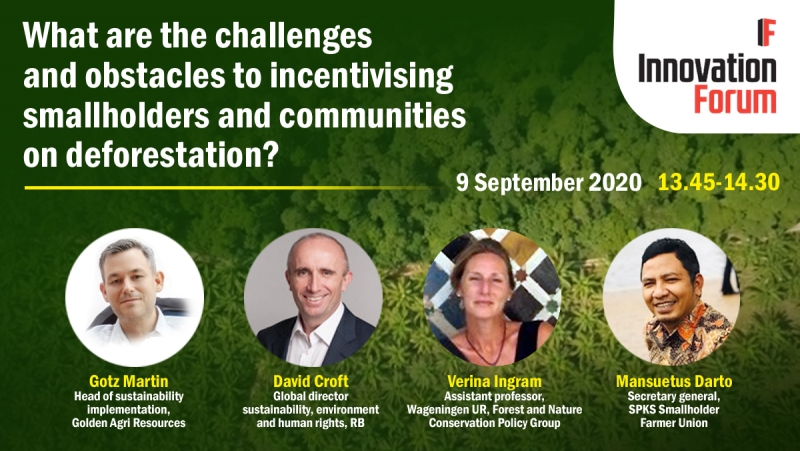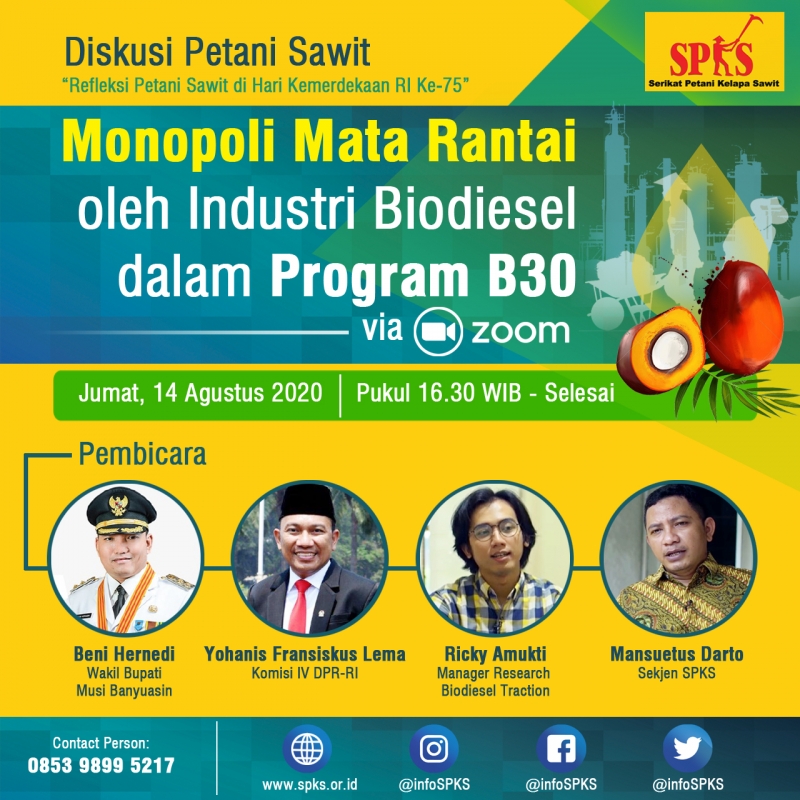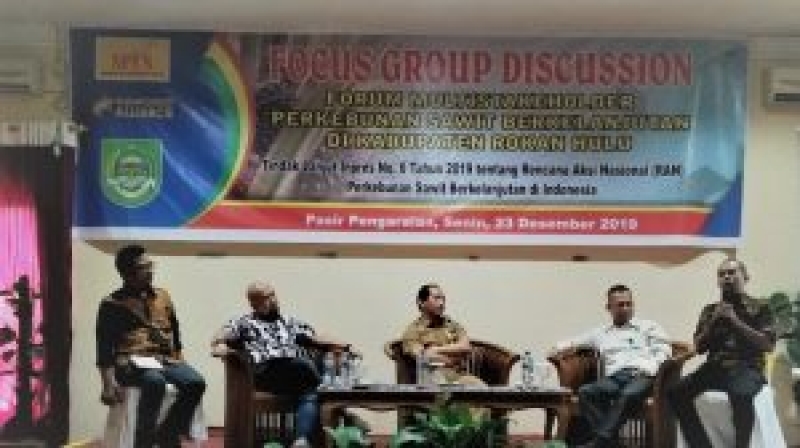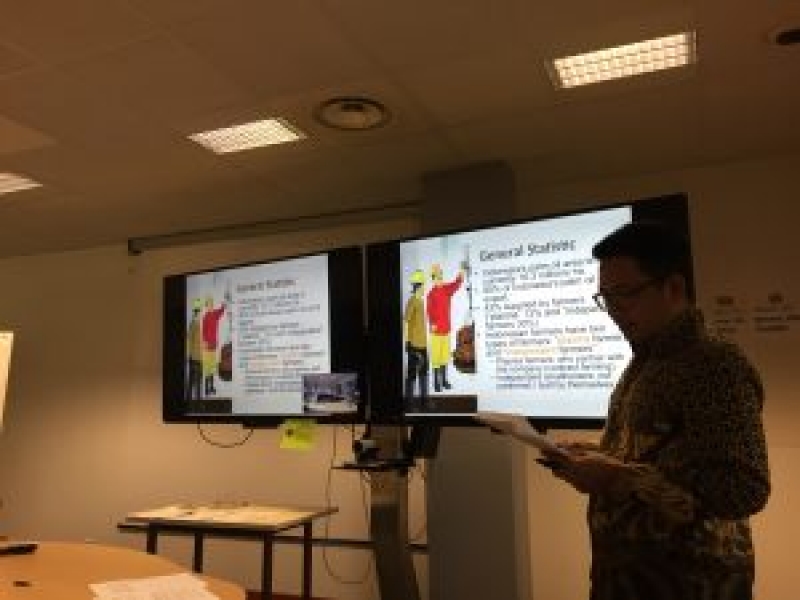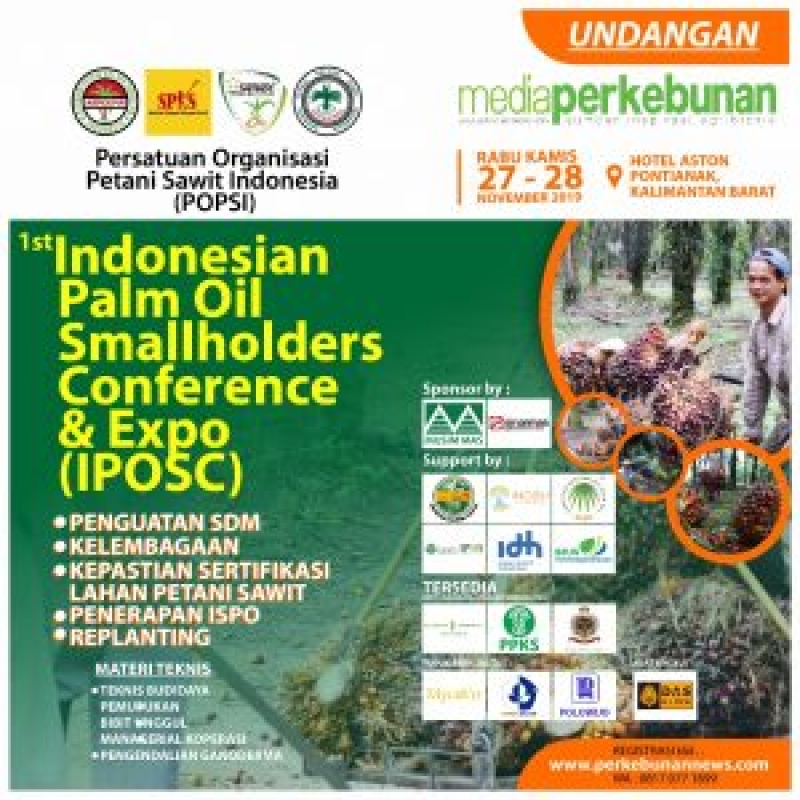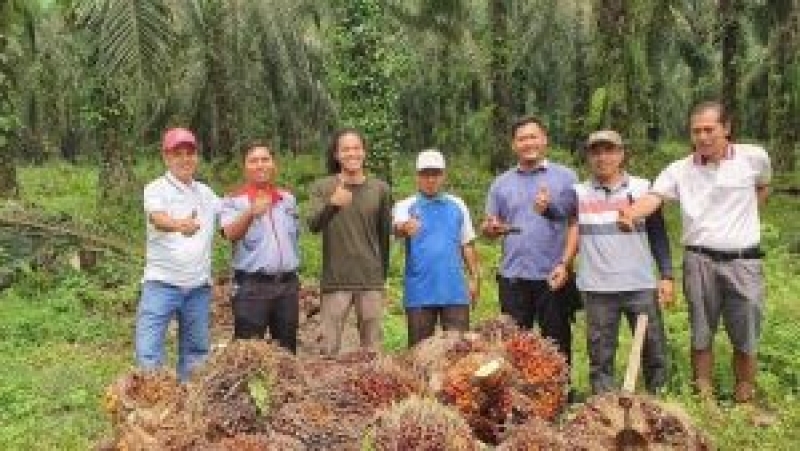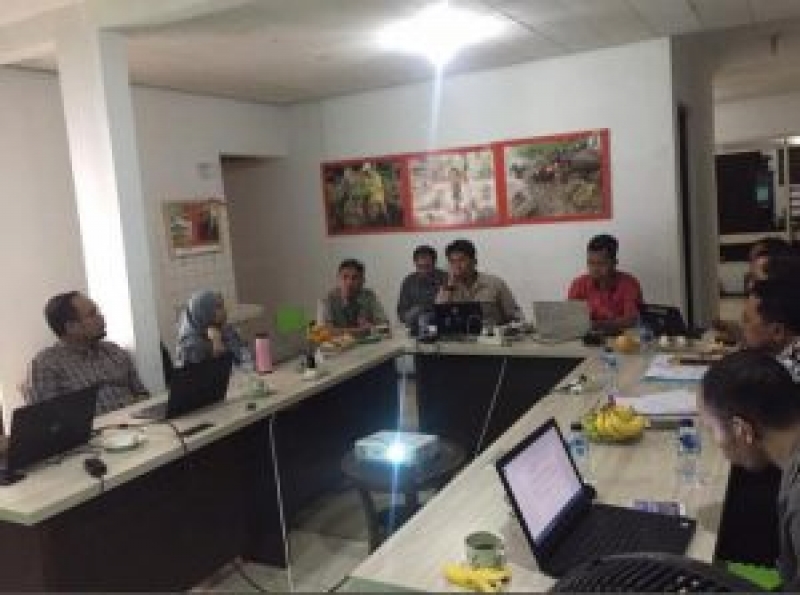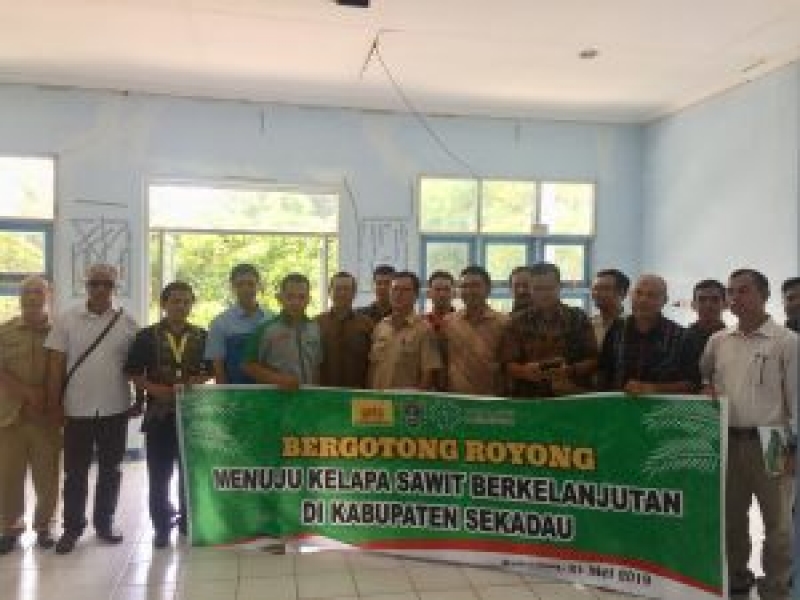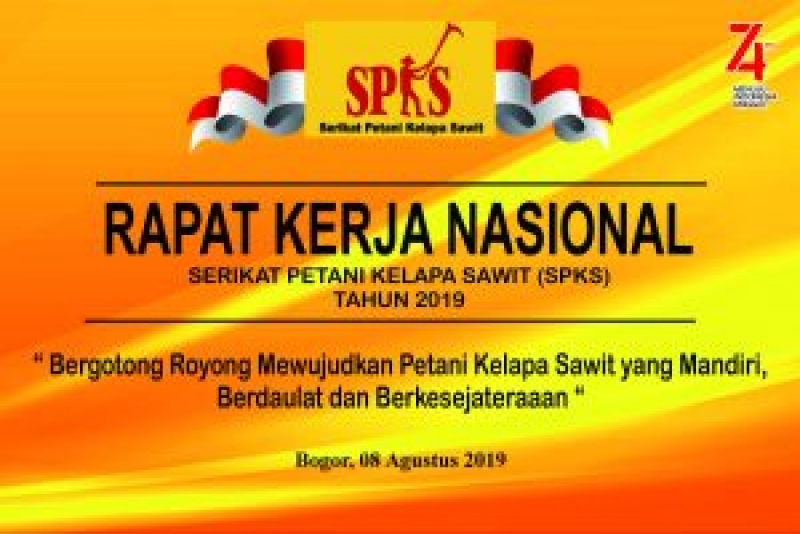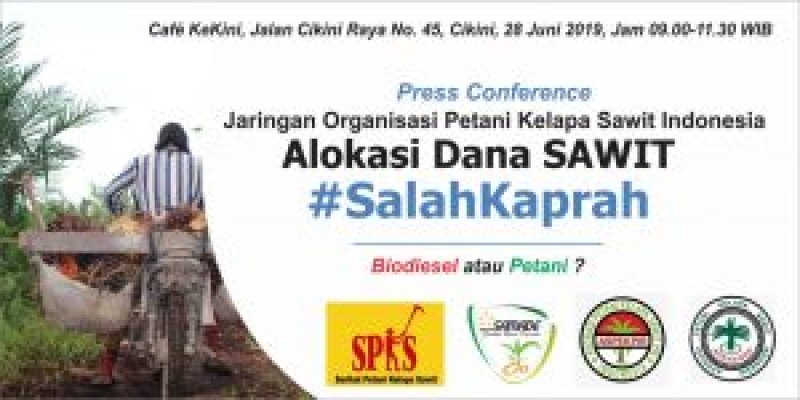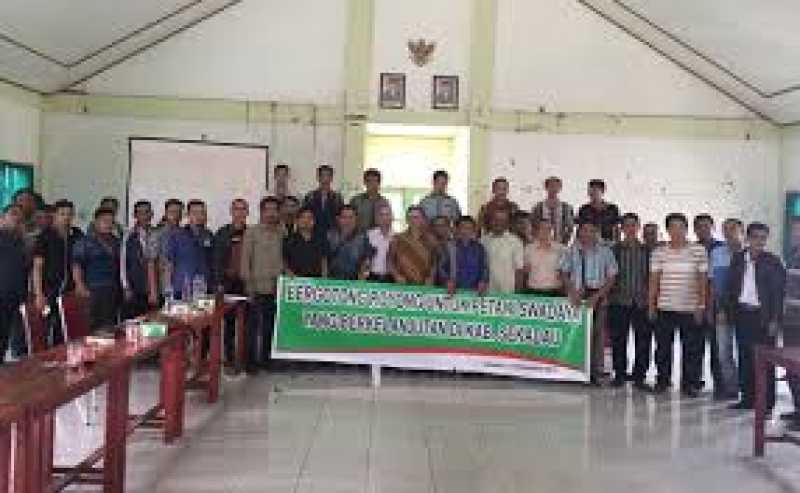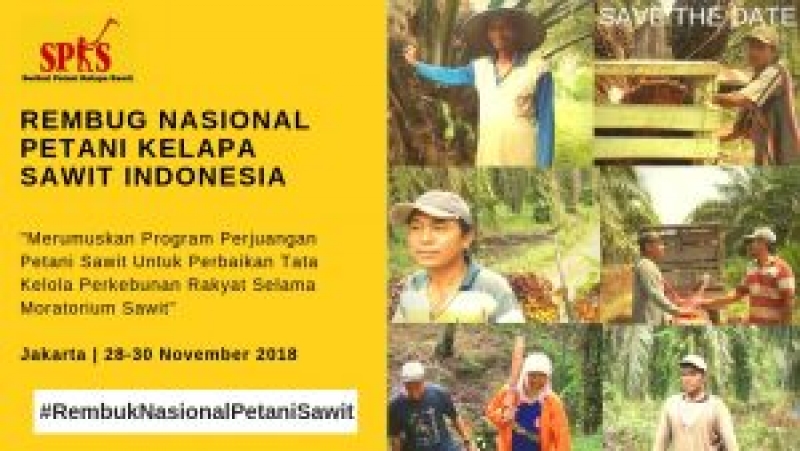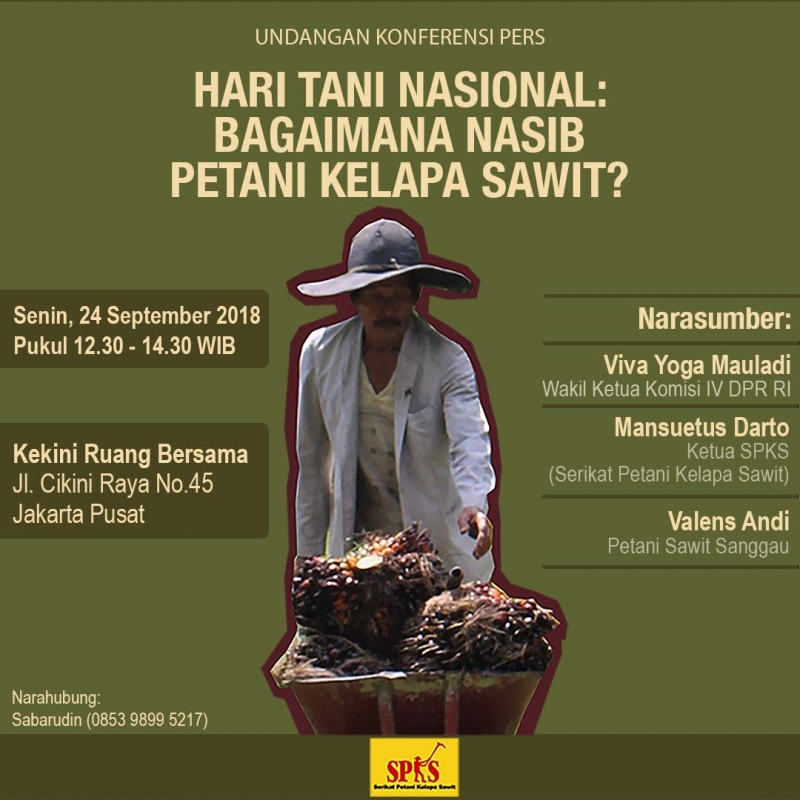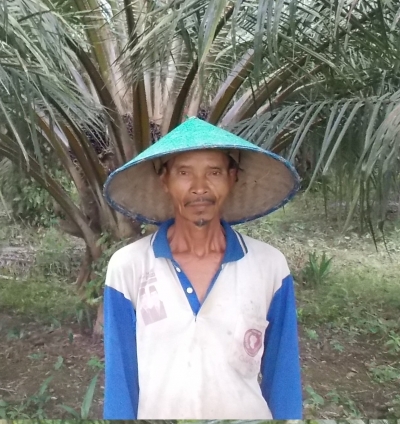Jakarta, March 27, 2018 – The Oil Palm Farmers Union has on February 8, 2018 filed a judicial review against the Government Regulation No. 24/2015 on Plantation Funds Raising, particularly the plantation funds for biodiesel in Article 9 Paragraph 2. The article is in contradictory to the purpose of plantation fund use provided by Article 93 Paragraph 4 of the Plantation Law. They stepped up their demand for a return to Plantation Law as a ruling on the purpose of plantation funding and giving attention to the farmers’ empowerment.
This judicial review is aimed to uncover the legal irregularities that the government has made in the plantation financing policy. This has been proven that a number of large-scale oil palm companies received trillions of rupiah government incentives in return for the palm sales for diesel oil blends or known as biodiesel.
The oil palm plantation fund (CPO Fund) collected by Oil Palm Estate Agency (BPTP-KS) reached Rp27.94 trillion in the period 2015-2017, and 89% was used for biodiesel subsidy in which 19 companies received benefits from the subsidy. It means that the funds were returned to the Plantation Companies through biodiesel incentives which are ruled by the Plantation Law. Only the remaining 11% of the budget was for the farmers where it could be broken down into several areas: human resource development, research, plantation development, plantation promotion and plantation rejuvenation. For oil palm rejuvenation alone, it was only 1% or equivalent to Rp25 million per hectare in 2015-2016, 5% in 2017 and 22% in 2018.
Marselinus Andry, Head of the SPKS Advocacy Department, said Indonesia should take every effort to meet the demands for oil palm. One of the most fundamental ways is to increase the productivity. The increase in productivity is most importantly from the people’s oil palm plantations. The increase in people’s oil palm productivity is a challenge that shall be taken up soon. The oil palm plantation funds shall be maximized to increase the productivity and improve the palm farmers’ welfare rather than just addressing the problems of supply and demand.
The statement was made in the press conference on Urging Supreme Court to Win SPKS Lawsuit. “BPDP-KS funds for the farmers’ welfare not for biodiesel subsidies” in Jakarta on Tuesday (27/03). Present at the press conference were Sulistyanto (Representative of the Deputy of KPK (Commission for Corruption Eradication) Prevention Division), Marselinus Andry (Head of SPKS Advocacy Department), Bernardus Mohtar (representatives of West Kalimantan Smallholders) and Hifdzil Alim (Legal Practitioner).
“This year, BPDP-KS has estimated to receive Rp10.9 trillion to Rp13 trillion in revenues of oil palm fund collections. The collected oil palm funds will only be 70 percent allocated for biodiesel incentive payments, 22 percent for rejuvenation, two percent for human resource development, two percent for research and development, two percent for facilities and two percent for promotion,” Andry said.
This will not be able to meet the challenge of increasing the people’s oil palm productivity. At the BPDP-KS meeting with the KPK, the discussion was centered on changes in the Activity Plan and Budget (RKAB) where the portion of biodiesel subsidy would be reduced. Not only does the SPKS lawsuit urge to reduce but also abolish the biodiesel subsidies that have no legal force, referring to the Plantation Law and demand for CPO fund use to increase the productivity and improve the oil palm farmers’ welfare.
Sulistyanto, Representative of the Deputy for Prevention of KPK said KPK found that the control of oil palm export levy had yet to be effective because there was no good verification. The extension for the fund use, especially for the biofuels utilization breaches the provisions of the Plantation Law.
Hifdzil Alim, Legal Expert, said the incentive payments have benefited the big companies to reap billions of rupiah from the plantation fund uses, one of which is used for biodiesel subsidies. The fact remains that with the ruling, the oil palm plantation fund use has only tendency for addressing the problems of supply and demand.
“The incentive payments have proved the government’s indifference to the welfare of oil palm farmers where the ruling is in fact maintained for many years. The data suggests that biodiesel related ruling as referred to in Article 9 paragraph (2) of PP 24/2015 and Article 11 paragraph (2) of Presidential Regulation (Perpres) 24/2016 has harmed the oil palm farmers where they should have received the programs of plantation human resource development, plantation research and development; promotion; plantation rejuvenation; only and/or fulfillment of plantation facilities and infrastructure as laid down by Law No. 39/ 2014 on Plantation. However, both rulings above have been a barrier for the farmers to get the five programs as provisioned in the Article 93 paragraph (4) of Law No. 39/2014 on Plantation,” Hifdzil said.
Bernardus Mohtar, representatives of West Kalimantan Smallholders said the fact that the oil palm farmers limited access to CPO Fund “BPDP-KS does provide funds for the farmers but its process is complex and the fund management using a one-stop scheme makes it hard for oil palm farmers so that they are reluctant to access it. For example, for a re-planting funding application, the oil palm farmer shall make a financing plan for oil palm plantation planning by completing the farmer’s data, land legality, and so on and submitted to the Plantation District and Provincial Offices. Then, they should have entered into contract with the oil palm companies nearby as the oil palm fund and bank credit manager, including one-stop plantation management scheme.
Andry concluded by underlining “This partnership scheme has positioned that as if the oil palm farmers have no rights and capabilities in the context of management and control over their own plantations. Their planting to production is under the company. In fact, drawn from the previous experience, such scheme was vulnerable to conflicts in plantations and the farmers had difficulty to get back their plasma lands because they were trapped by the credit scheme, making the company richer while the farmers received portions far from the initial spirit of supporting the programs of oil palm productivity and sustainable developments,” Andry said.
SPKS via Change.org is conducting a petition https://www.change.org/p/alihkan-suntikan-dana-untuk-perusahaan-sawit-ke-petani-pedulipetanisawit-humas-ma to ask for public support in pushing Supreme Court to approve judicial review on PP 24/2015. It’s to care for Palm oil planters.
Kontak Media : Sabarudin, 085398995217, Sabarudin.spks@gmail.com
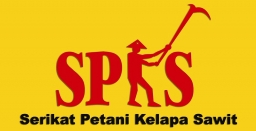
 English
English Indonesia
Indonesia